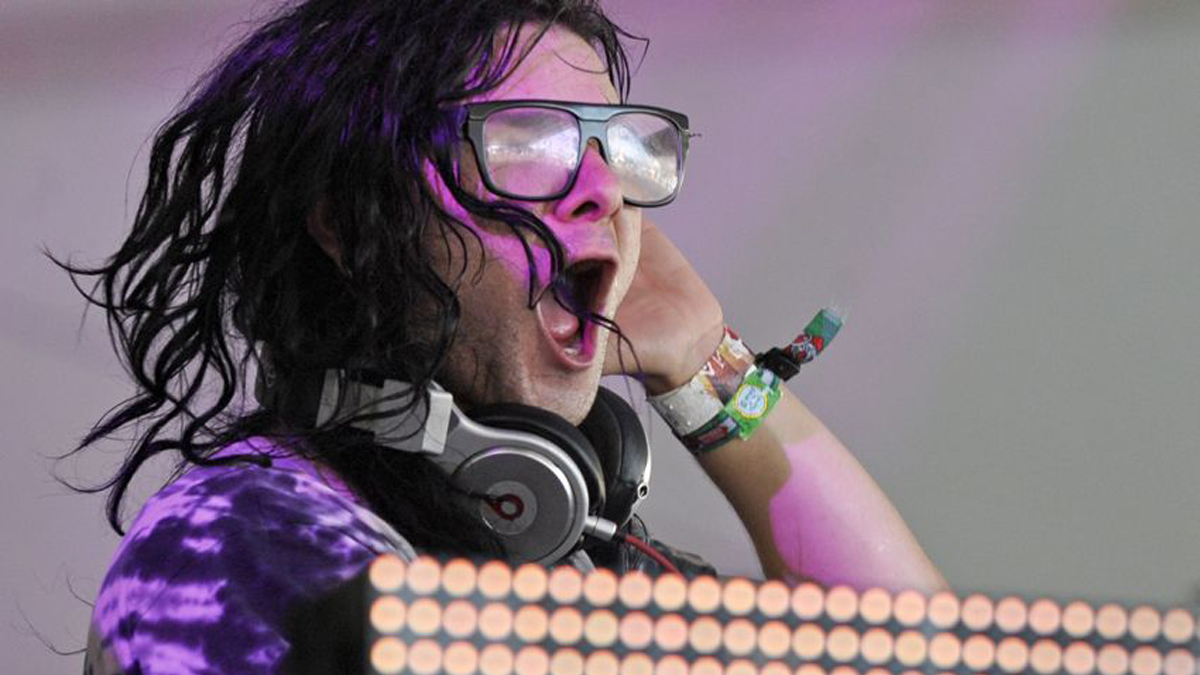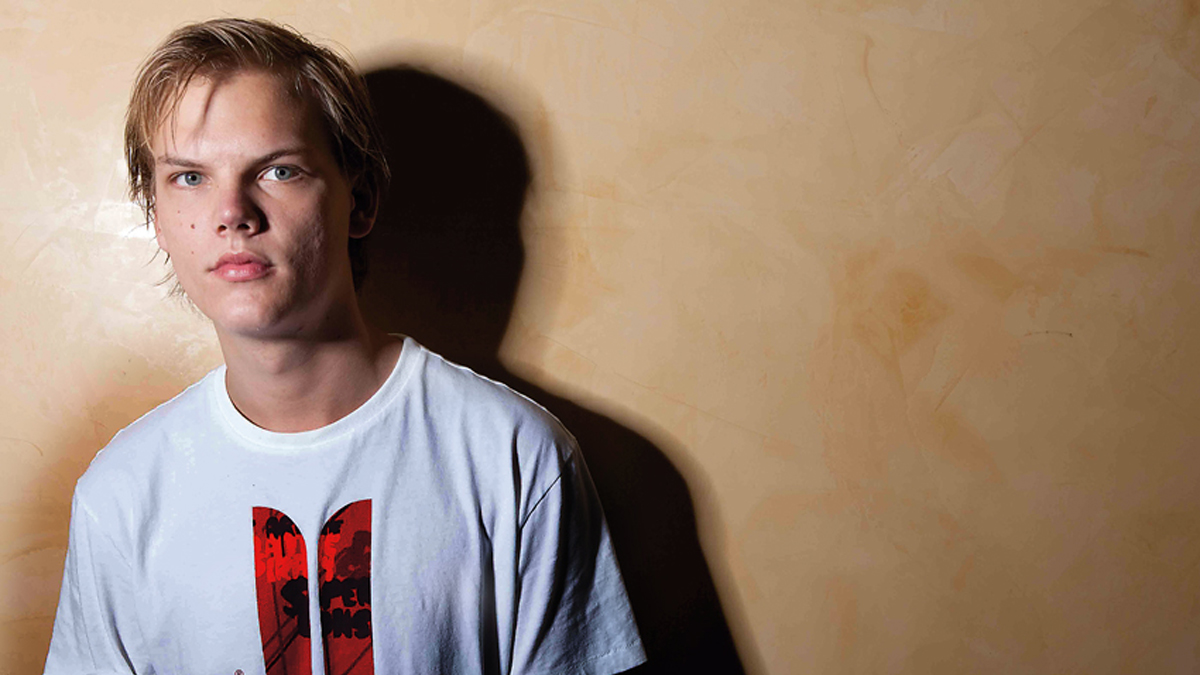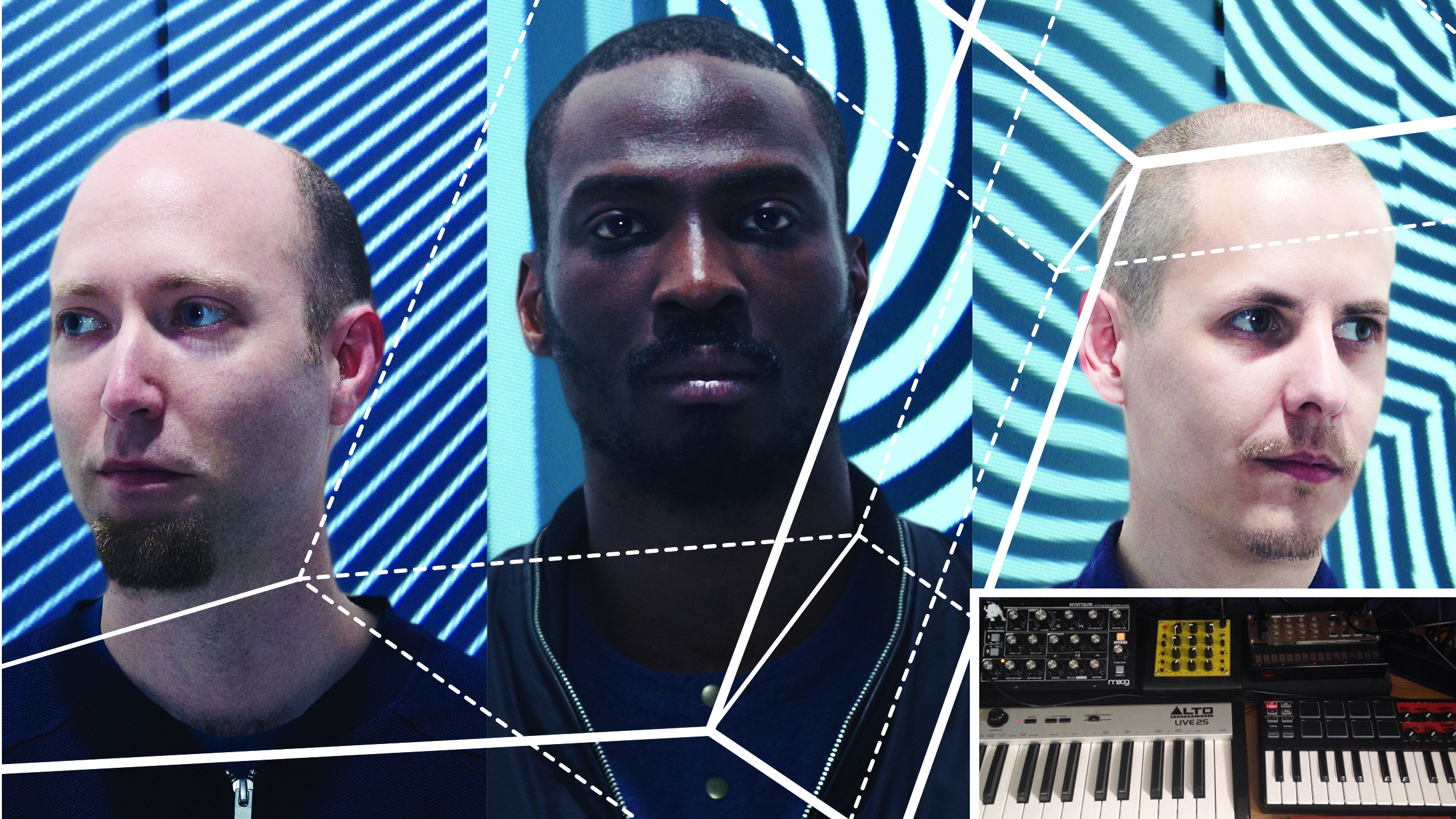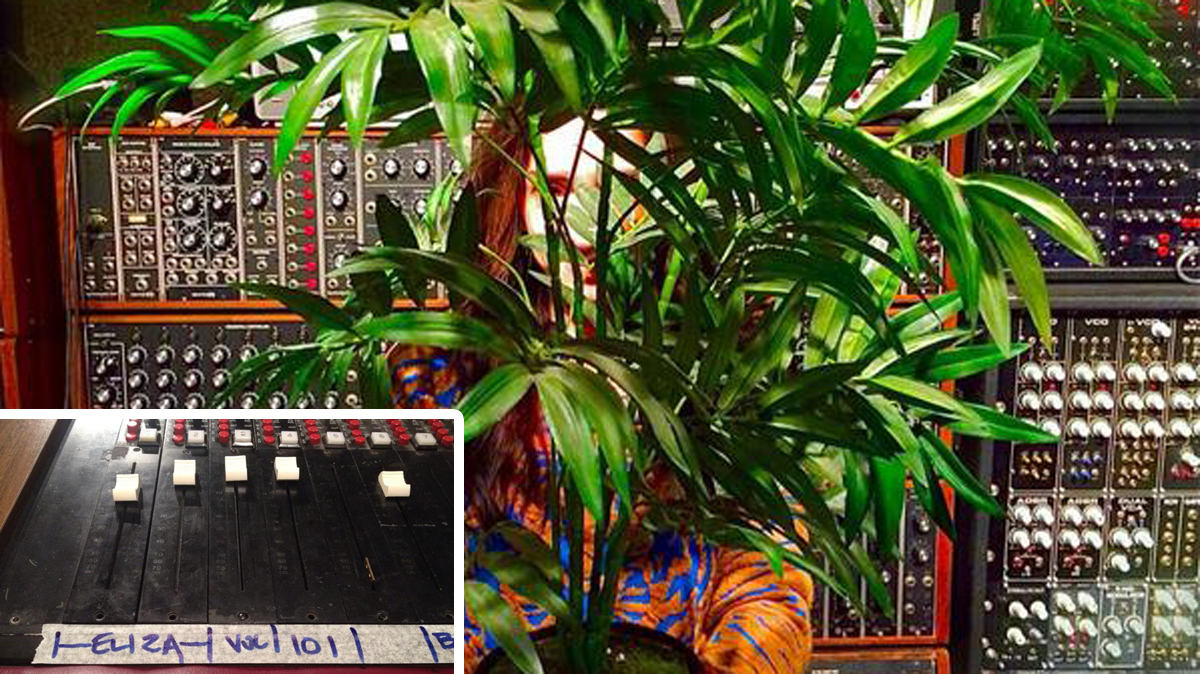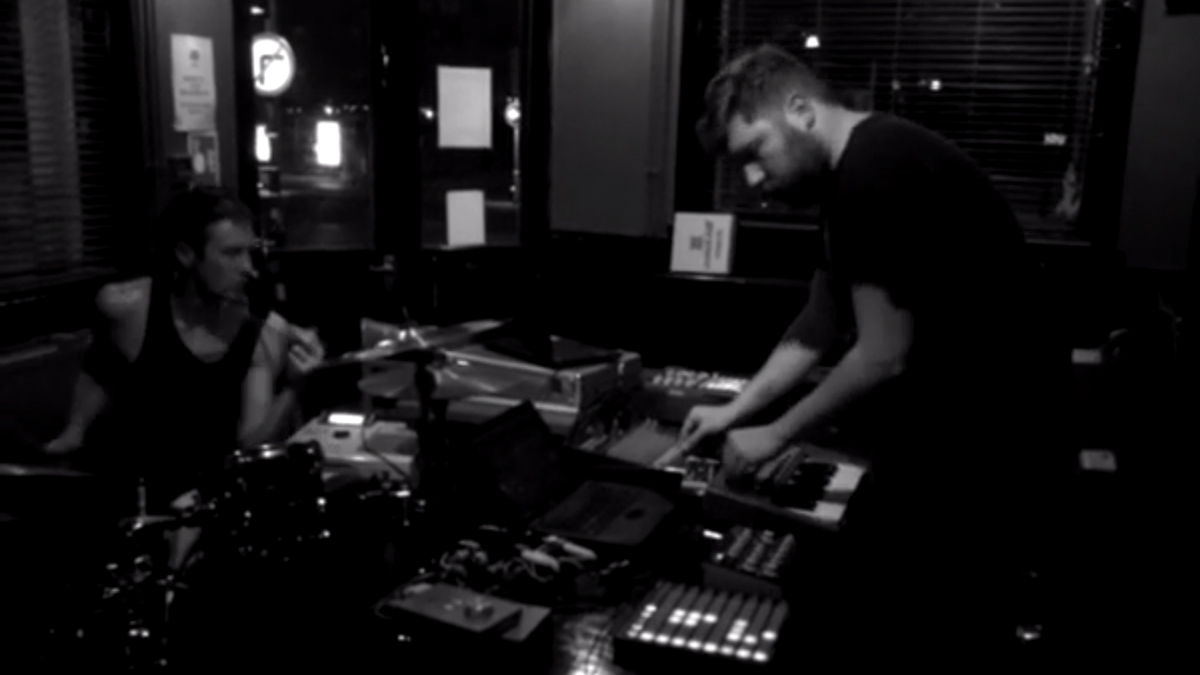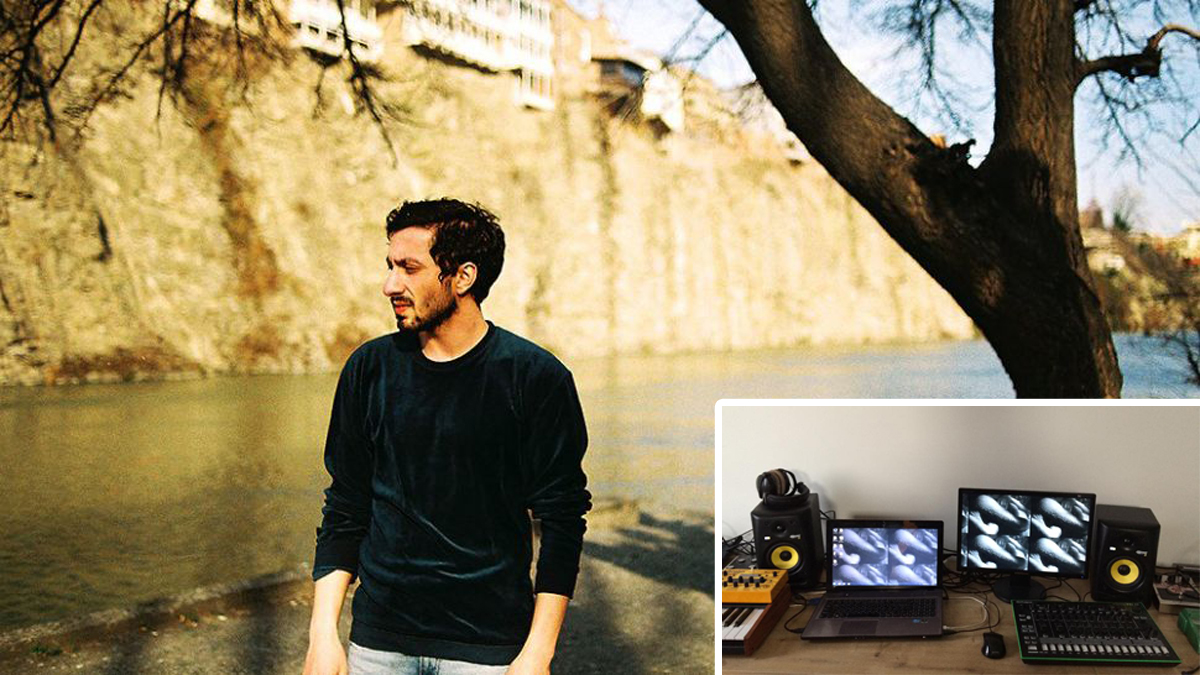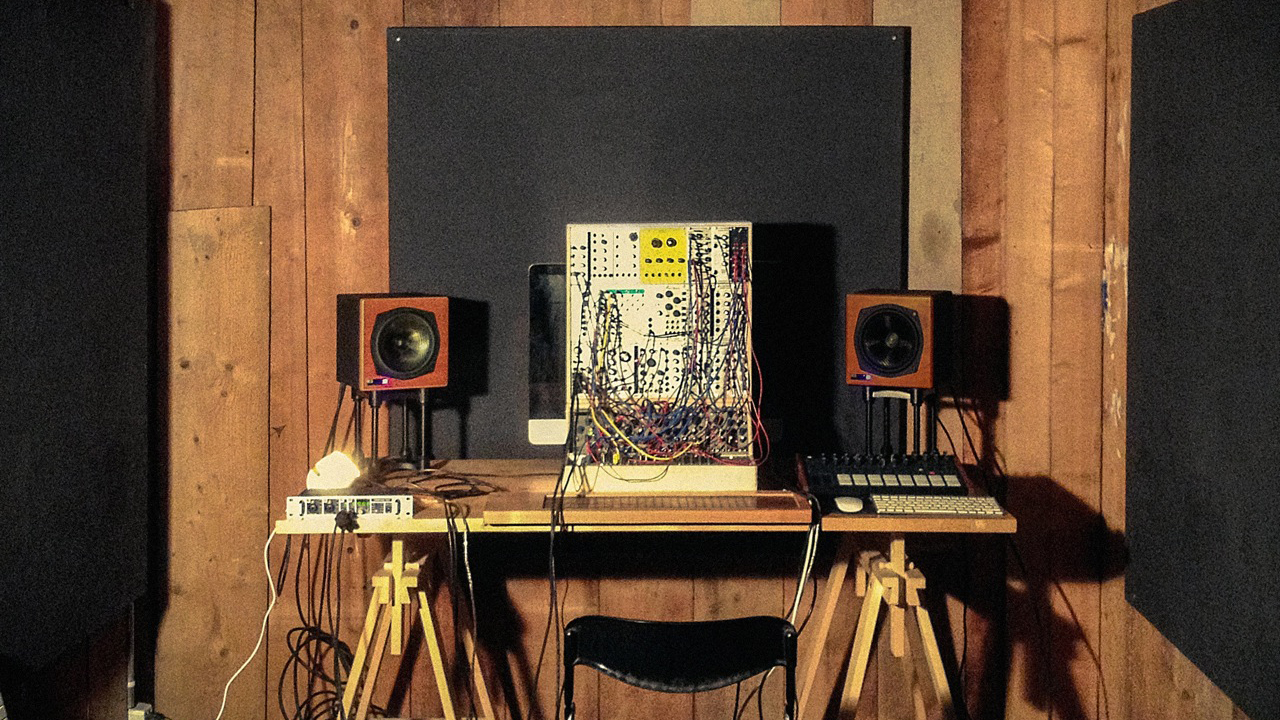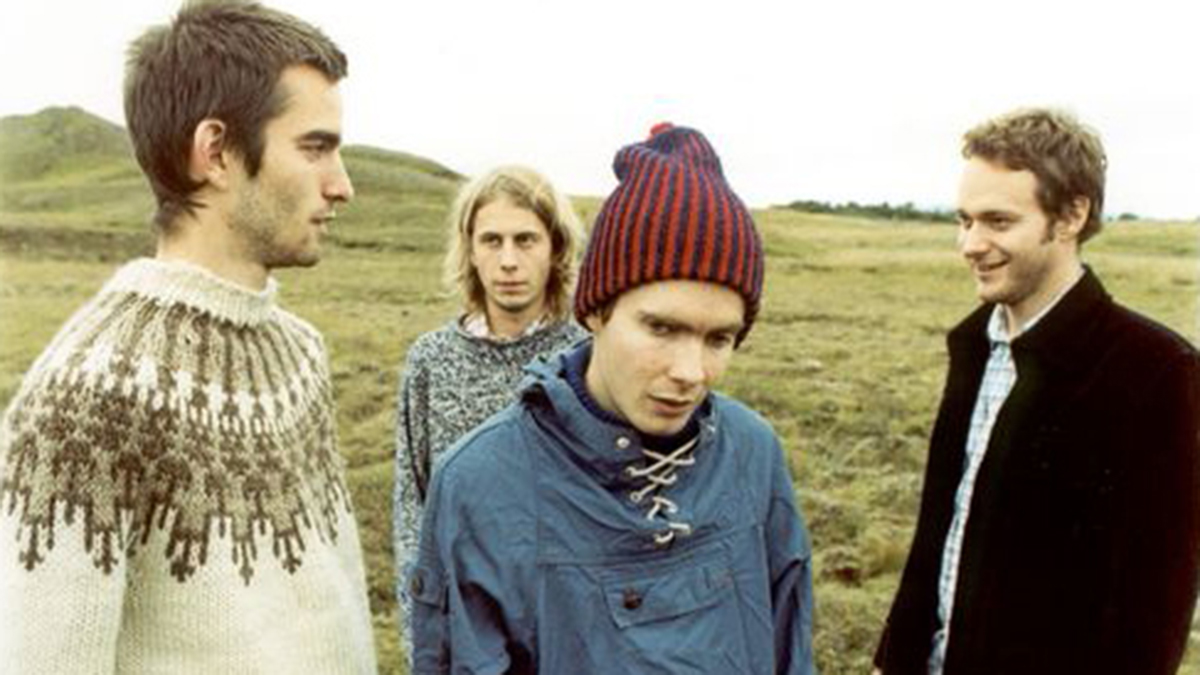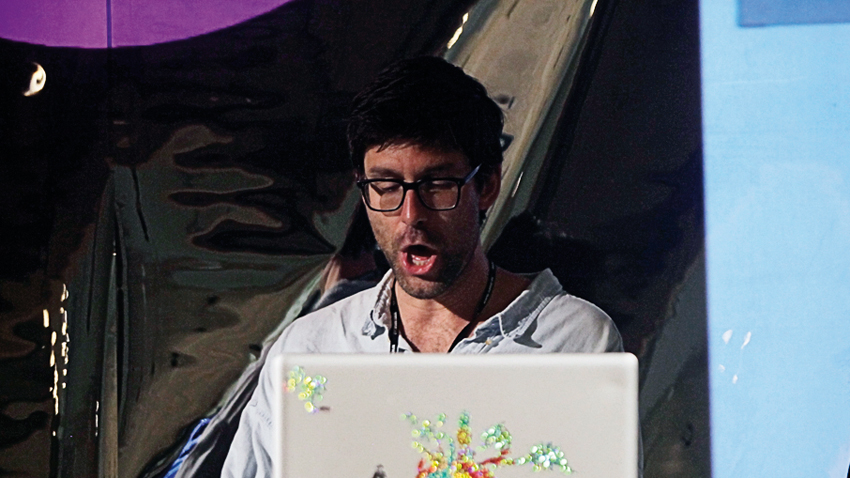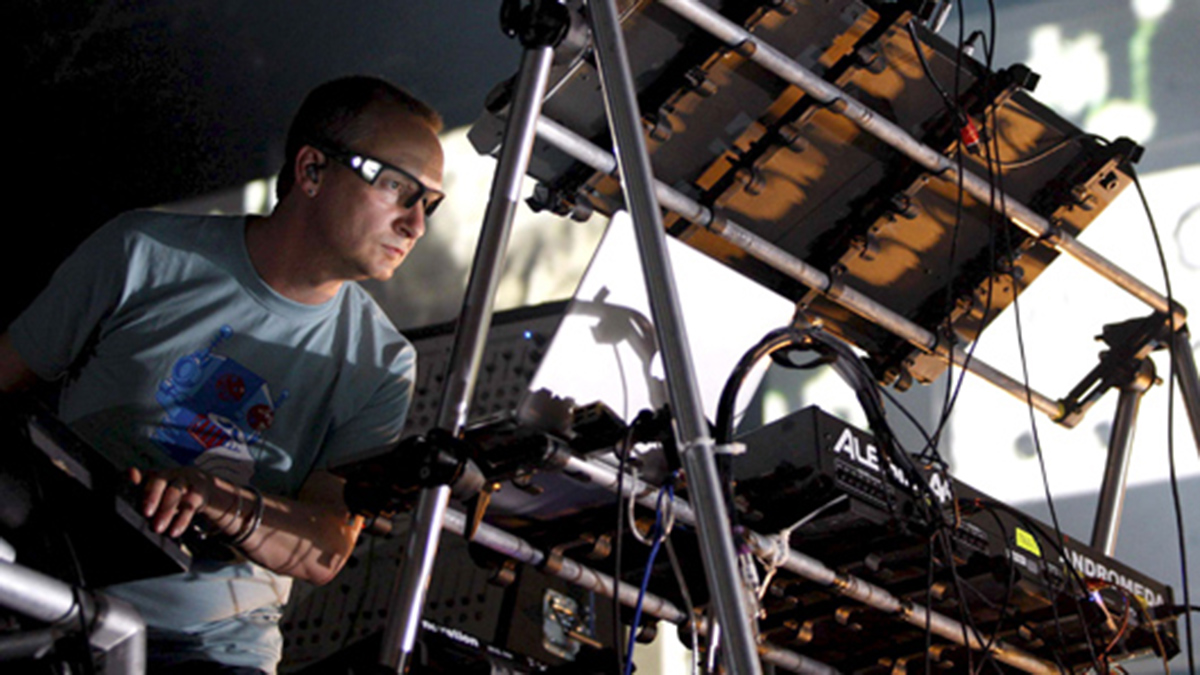50 production secrets from the pros
Updated: Even more top producers dish out their sound advice
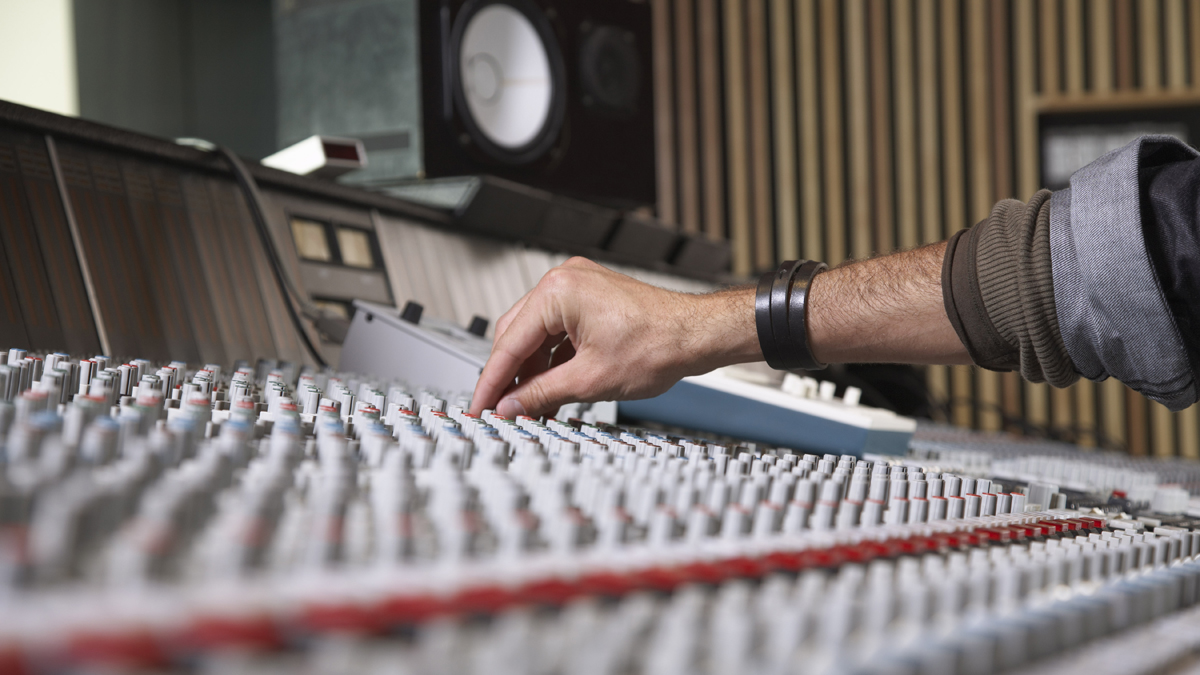
Intro
Success isn’t always measured by the amount of money you earn - sometimes doing it for the love is enough. But either way, some sound advice from those in the know is never a bad thing, right?
We’ve corralled tips from artists, producers and DJs from all over the globe on how you can become more successful as a music producer. Read them, reflect on them, and then put them into practice.
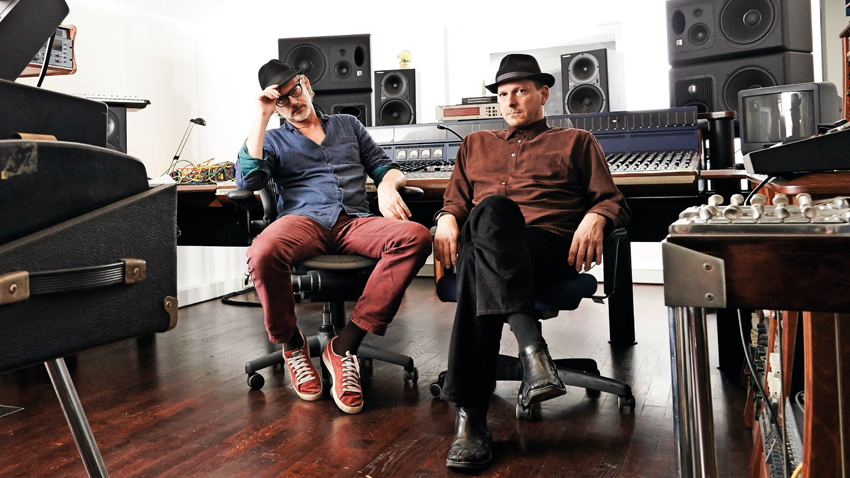
2. Know your environment
Richard: “I believe it takes a while before you get used to a certain room, the way it sounds and the way the speakers are harmonising. The more time you spend producing there, the better you know the dynamics.
“All the Tosca albums from 2004 onwards were produced in the current studio - and we still feel very comfortable there.”
Rupert: “I know artists who travel all the time; all they work with is their laptop and their ears. That’s fair enough, but for Tosca we wanted to concentrate all our powers in one place, so we don’t have to worry about unknown loudspeakers, missing gear or overbooked flights and hotels.
“We know the space, it’s waiting for us and we know how it sounds. This plug-and-play situation is really ideal for us.”
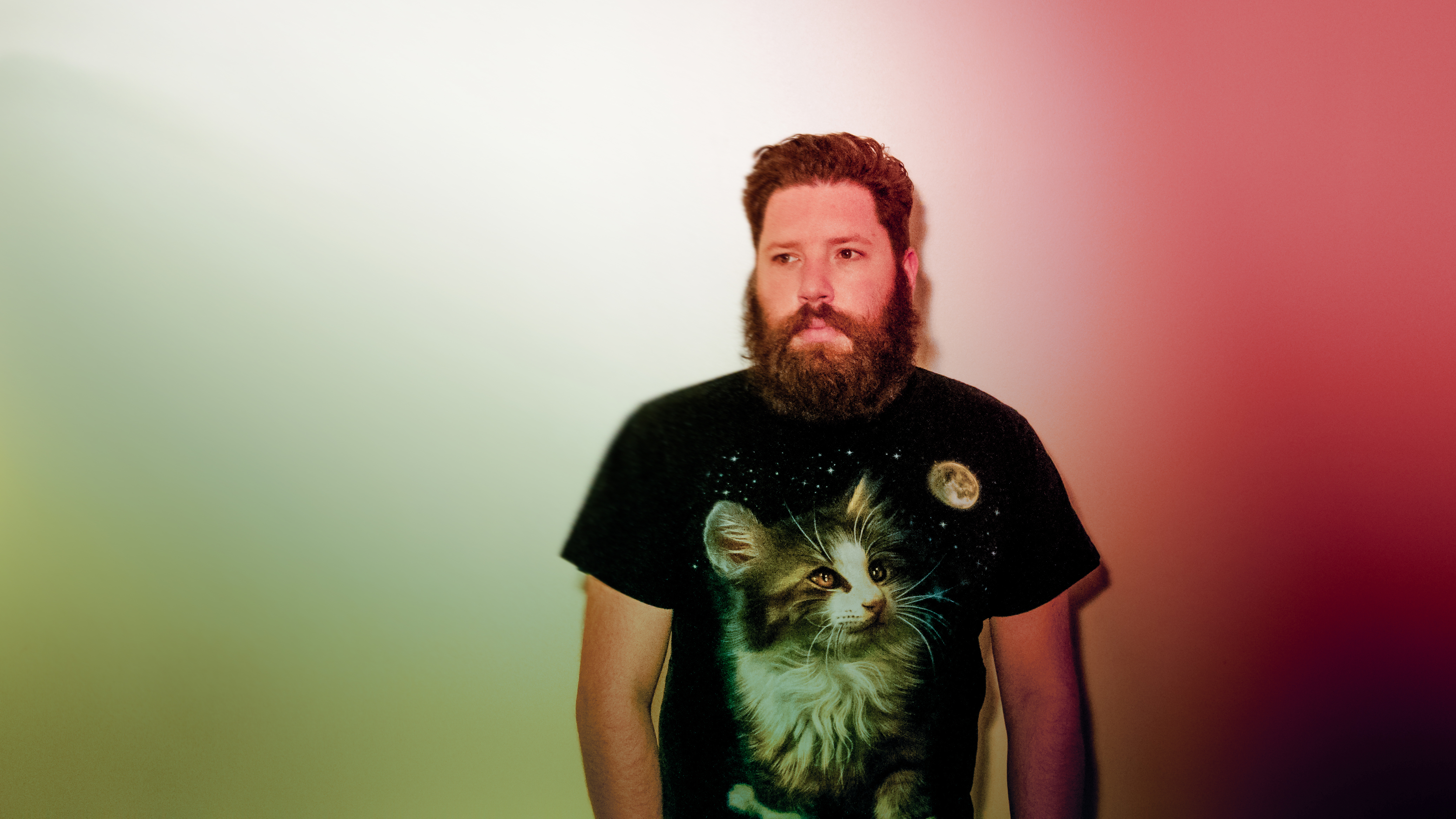
3. Think like a cinematographer when arranging and mixing
"We have a limited amount of space on the soundstage in the same way a cameraman has a finite amount of screen space. The cameraman can obviously move further afield from the subject in order to accommodate for more visual objects but what happens? Things get smaller, you can no longer see the actor's eyes, etc. The same laws tend to apply to sound."

5. Get honest feedback
"One of the best parts of collaboration is having a pair of trusted ears to provide instant feedback. Sounds that one of us would have taken hours to arrive at on our take shape much more quickly in each other's company, and bad ideas get quashed well before wasting valuable studio time.
"Whether or not you're collaborating, find some trusted critical ears - preferably someone who can deliver their criticism constructively - and get in the habit of running things by them. A lot of people surround themselves with yes men and their sound develops much more slowly as a result.
“As an artist, you have to be sensitive enough to express yourself authentically, but you also need to be able to take criticism in stride. It may seem counter-intuitive, but you'll do yourself a massive favour by inviting critique from people who understand your aesthetic aims."
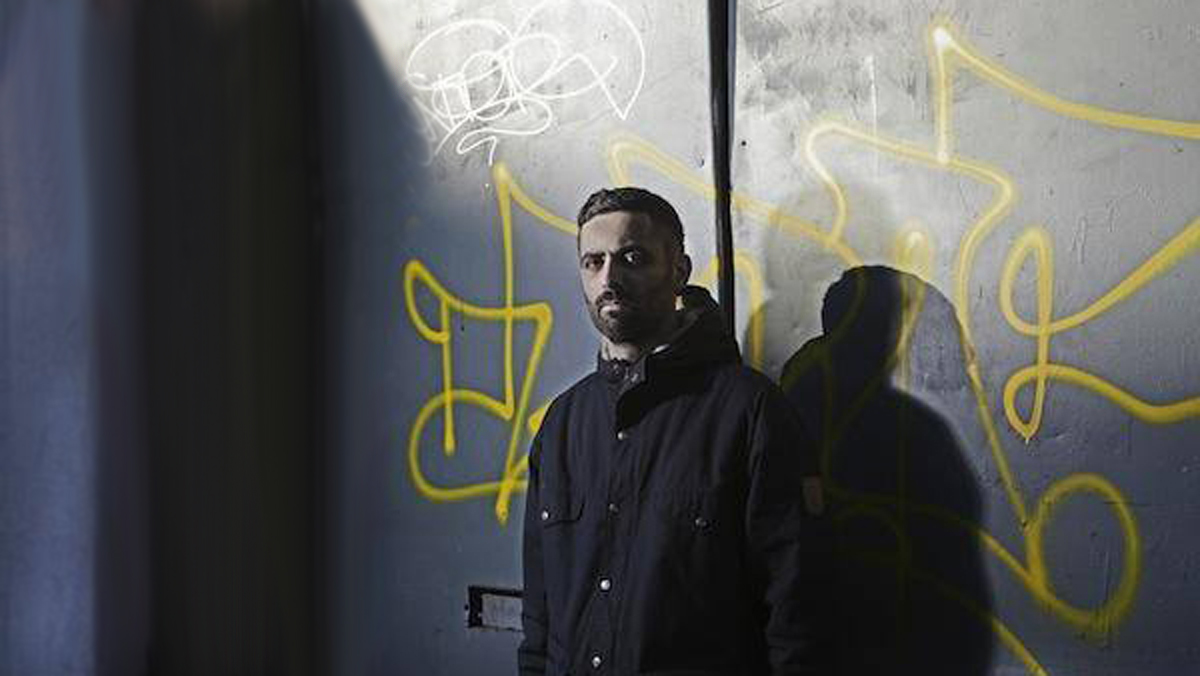
6. Don't force writer's block
"I used to go through long periods when I was unable to make music, now I have realised that if things aren't going well I just have to stop and do something else; go for a bike ride, read a book or have a mix.
“Whenever I sat in my studio and forced myself to work on music I made terrible music and ended up frustrating myself and pushing myself deeper into ruts."
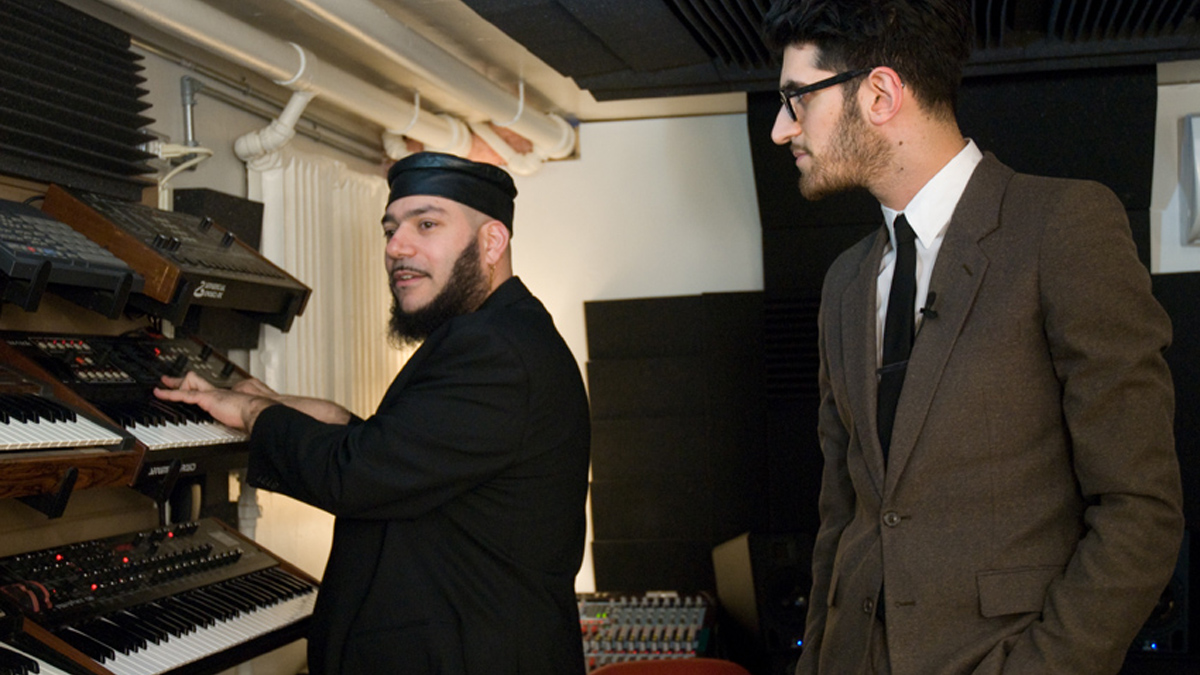
7. Be prepared to invest your own money
Dave 1: "Our records have never really sold big and we're more popular now than we ever were before. Record labels come and go and we'll always find a label. The idea is for us to have interesting deals in place but we really concentrate on making good music and our live show."
P-Thugg: "Everything in the studio is ours, y'know. I win a dollar and I reinvest it in those synths. I save $5,000 a month from not living in New York and that gets reinvested in the studio too. We just need to keep some money aside to get somebody like Philippe [Zdar] to mix it."
D: "We spend a lot of our own money on Chromeo for sure. I mean if nobody can give us the budget to do a video, then we'll do it ourselves. I think we're still quite big on the Internet and that's still a vitally important echo-chamber for our music so we see the value in investing in it."
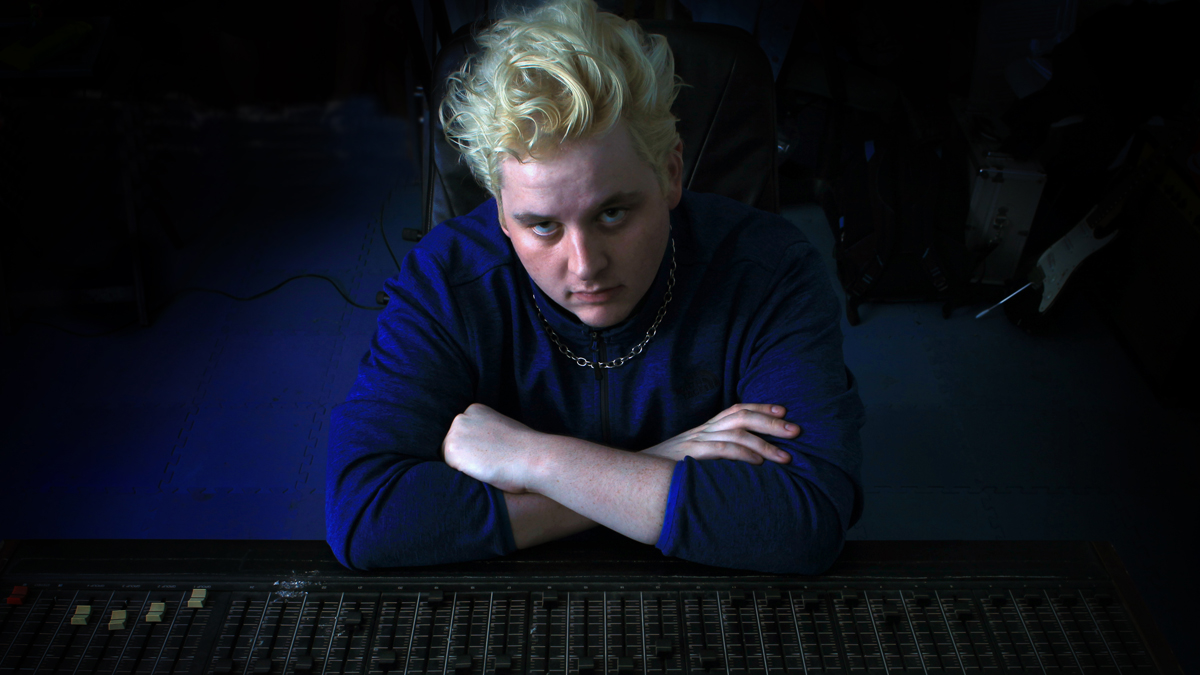
9. Mix in reverse
"Instead of bringing the gain up on something you want louder, consider that maybe everything else should be quieter. This is why I call it mixing in reverse. Bringing everything else down isn't always the solution, what's important is realising that just making a certain thing louder isn't always the solution either.
"It's so easy to be mixing for an extended session, only to realise you've slowly ended up with every track completely maximised, and zero headroom for mastering. You've probably heard this a billion times, but it's so easy to overlook.
“I used to ignore this tip because I could make my tracks really loud using lots of compression and maximizing everything, and it worked fine when I was just exporting them and never touching them after, but when I began actually releasing tunes and getting stuff mastered, I realised how I was actually just shooting myself in the foot.
"Mastering is art and if you have a talented person doing your mastering and you leave them plenty of room to work with, they can really make your tracks sound incredible!"

10. Keep an open mind
"The sounds that you use to make a song - whether they're presets or you've programmed them yourself - are part of a larger piece of music. If a preset sound works, why change it?
"The only problem I've found over the years is that some presets can overpower a song. That definitely used to be the case in the hardware days. You'd go into a music shop and flick through the presets going, 'Wow! Incredible! I must have this synth!'. Then, you get back to the studio and realise that the presets are all so full of effects that they're too big to sit with the rest of the music - they destroy everything else in the song.
“In that instance, of course you look for an alternative, but I'm not going to change a sound just because it's a 'preset'. That seems a bit snobby!"
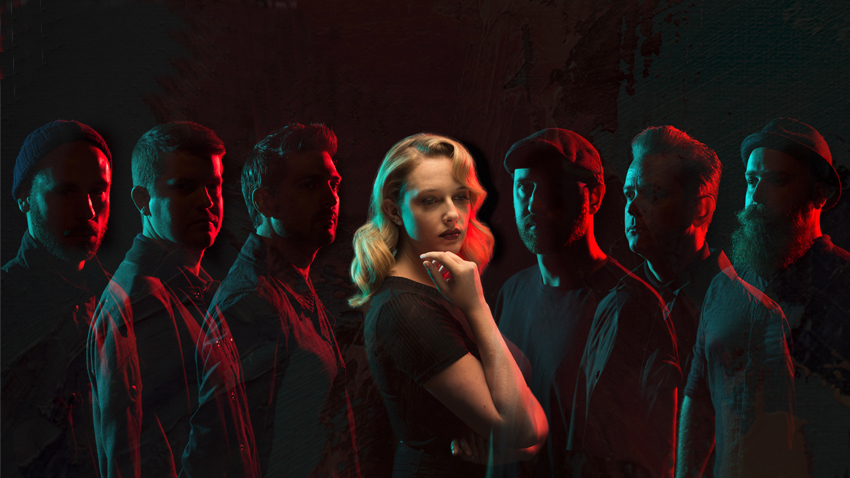
11. It's not what you have - it's what you do with it that counts
"Dizzee Rascal's prize-winning album was largely made on a playstation. Skream has had platinum success using fruity-loops.
“Some of the most promising work I'm sent is by kids making music on headphones. Likewise some of the most awful music I've heard has been made in million-pound studios full to the brim with expensive hardware.
"Make the music you feel like making with whatever resources you can get your hands on. If you get good enough, real music fans will understand and appreciate it.
In my opinion, if you make a good track and the mix-down is well-balanced, and you get the final premaster sent to a top mastering engineer, then your track will stand up to everything else out there, no matter what equipment you used to make it."
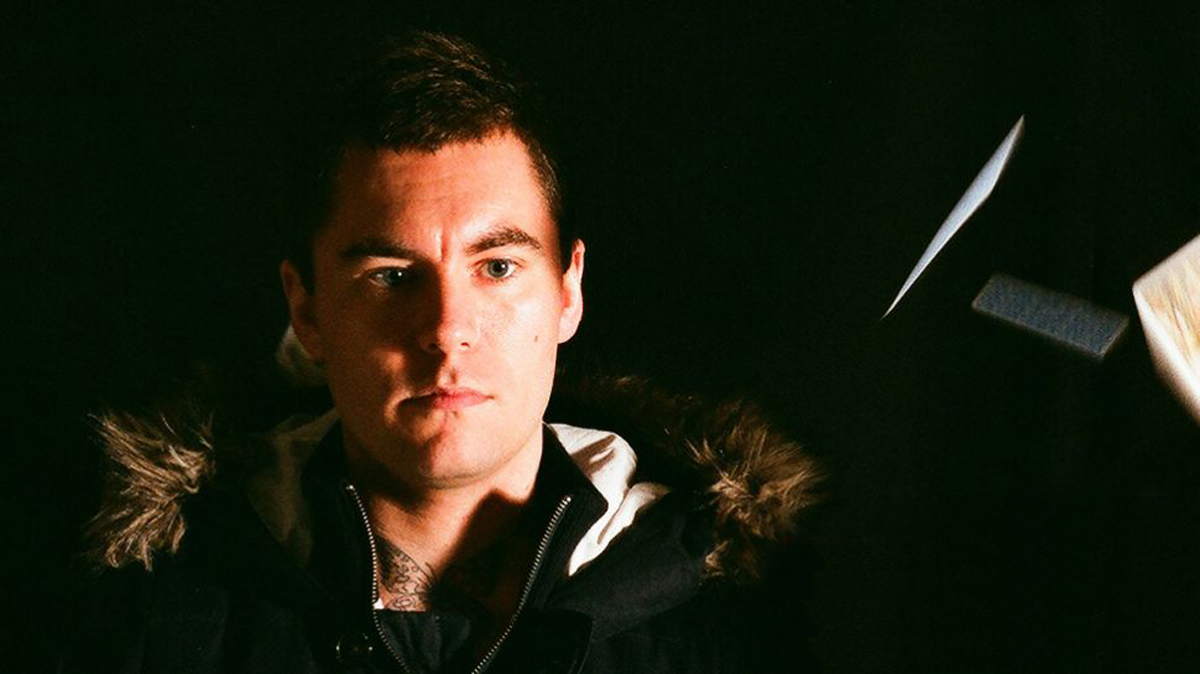
12. Use unusual sound sources
"Use instruments and sounds that aren't necessarily associated with the kind of music you're writing in. I use my guitar a lot in techno tracks and not only is it a lot of fun, it gives a texture that's not heard a lot in that style.
“I don't play blues riffs are anything like that, but just a few notes with some atmosphere can change the feel of a track. Vocals a lovely too, even just some breathing or whispering can do a lot to the music. It also gives the music a sense of depth as you're adding sounds that are taken from different locations and recording methods. It's all good fun!"
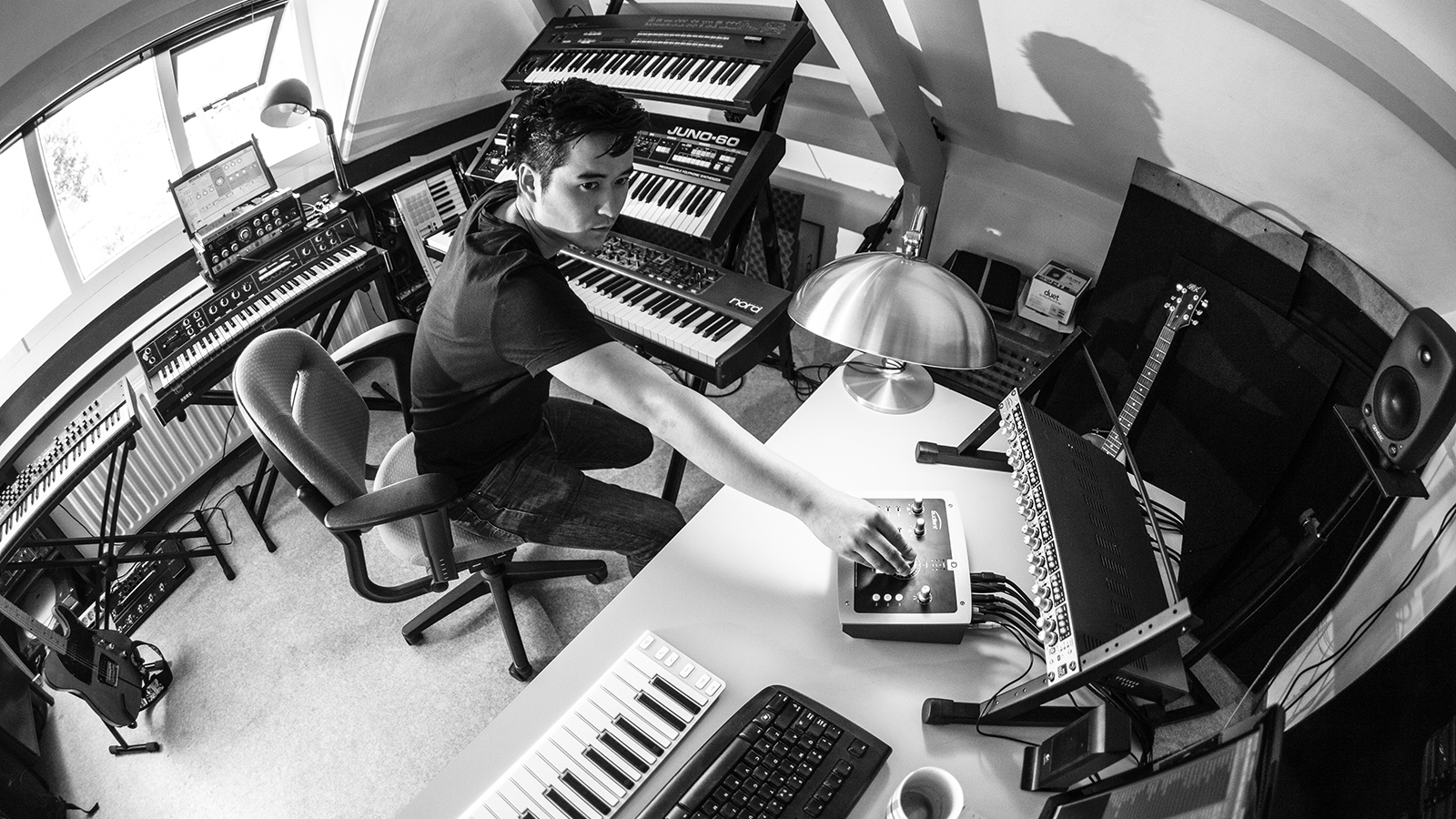
14. Sometimes it's a good idea to go back to your first few mixes
"When you are working on version 231 of a mixdown of a track, it's sometimes a good idea to go back to your first few mixes. I often go back to that first intuitive mix and find out it's the best and sounds the most natural sounding of them all.
“Maybe the settings are completely out of the ordinary and won't work on paper, but that's not really important. If it sounds good I just leave the fader alone and go with it.
“Maybe you would only need to adjust some small stuff like rolling off the bass end under 50Hz and so on. But I believe that sometimes your first natural feeling of a mix can be the right one."
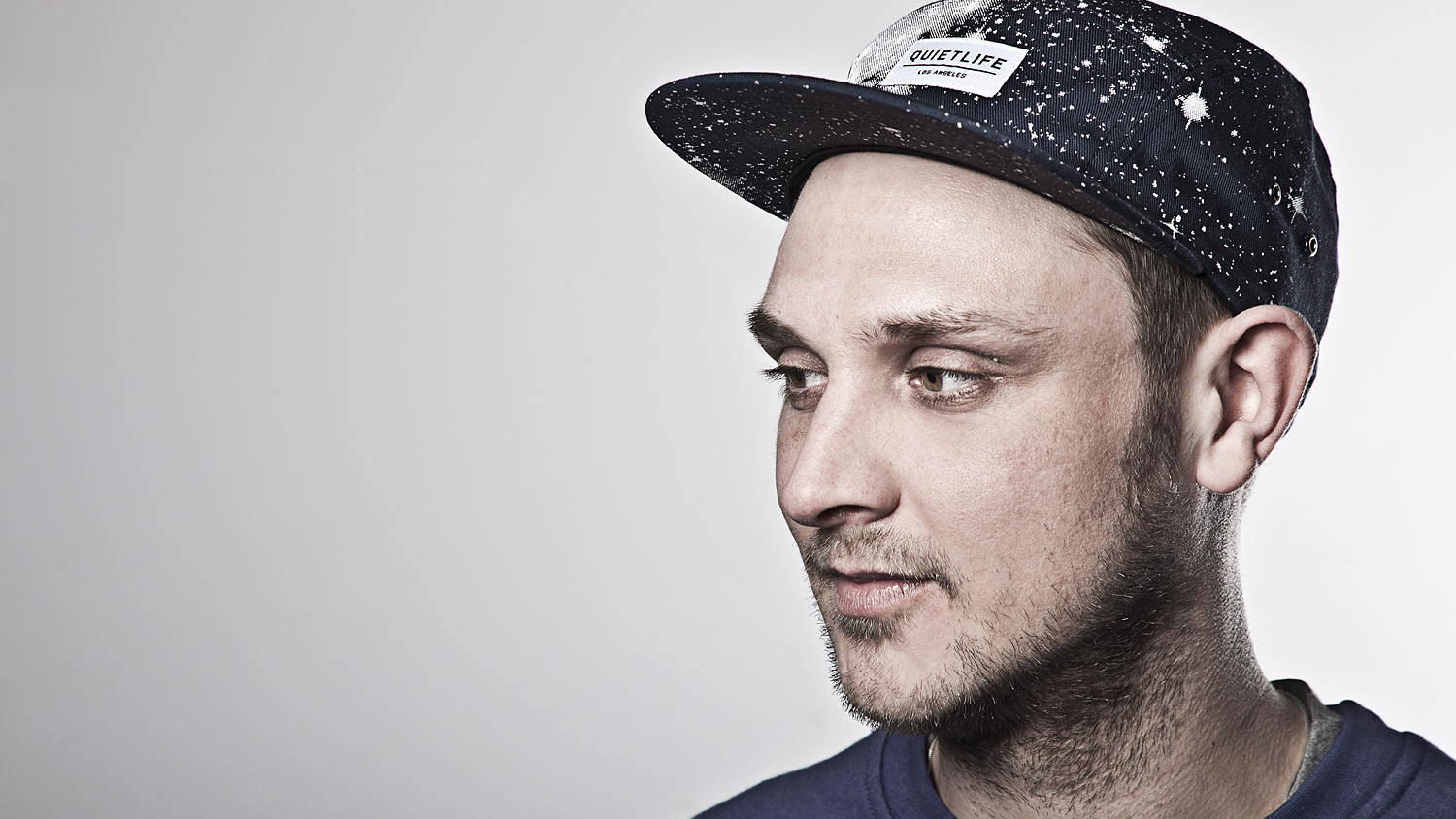
15. Start with fresh ears
"Obviously the inspiration to write music in the first place came from hearing other people's music, but I often find it counterproductive to listen to too much music before starting a session.
“This particularly applies to music in a similar style to that which you might be attempting to write. Everyone's different of course but I think I write more original stuff when I simply have my own melodies and ideas as a starting point rather than be subconsciously coloured by someone else's."
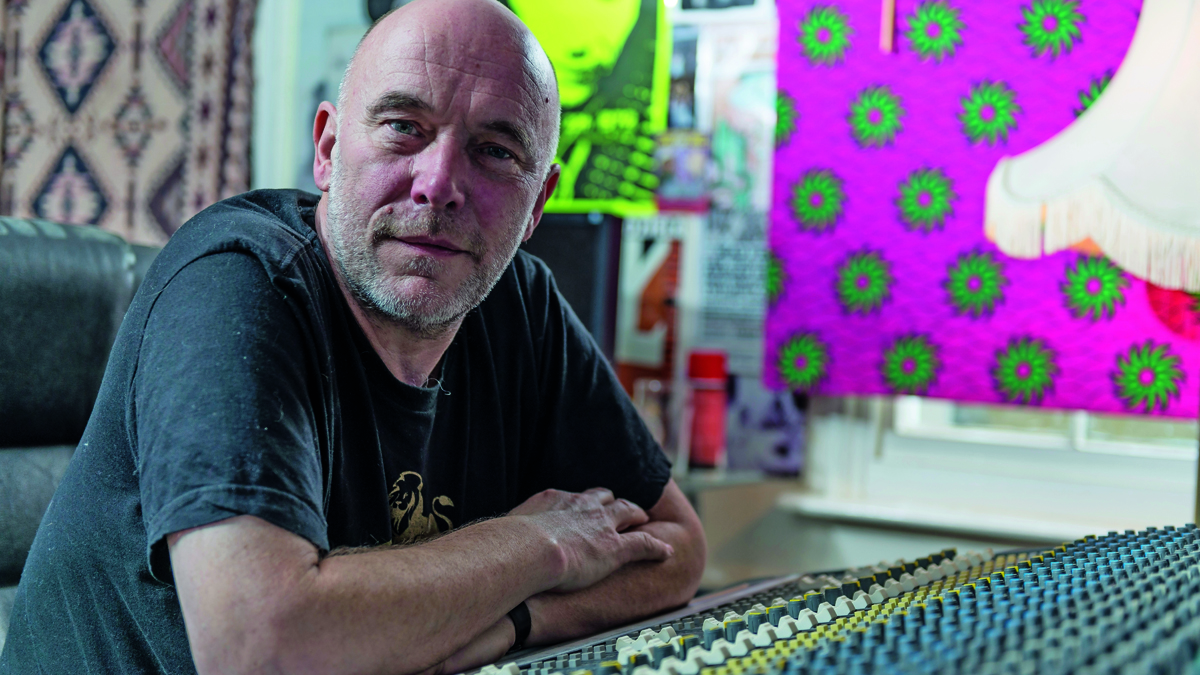
16. Collaborate
I’m wise enough to know - and that’s not ego - that I have to keep working with young people who have got fresh ideas, even if those fresh ideas sound similar to something I might have a reference on.
“But I’ve not been anything other than happily amazed by all the people I’ve worked with recently. They’ve got some great understanding of frequencies and I’m always picking up things by working with new people.”
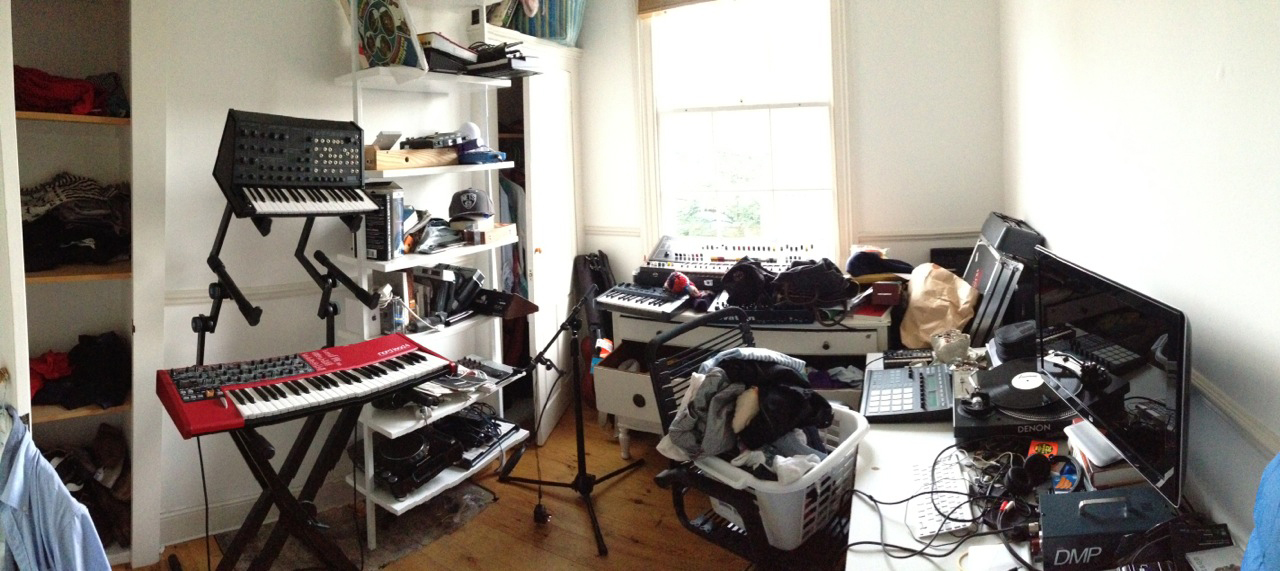
17. Don't get bogged down in the small stuff/know when a turd is a turd
"In 2011 I tried to mix my first ever track myself. I spent two months working on the mix, trying to balance everything, make the synths and samples sound good, and the drums hit hard. What I was really doing, however, was overcompensating for a track that wasn't good.
“You can spend forever mixing a turd, but no matter what, a turd will be a turd. Don't be afraid of abandoning something if it doesn't feel right, it's important to continue moving forward when working on music."
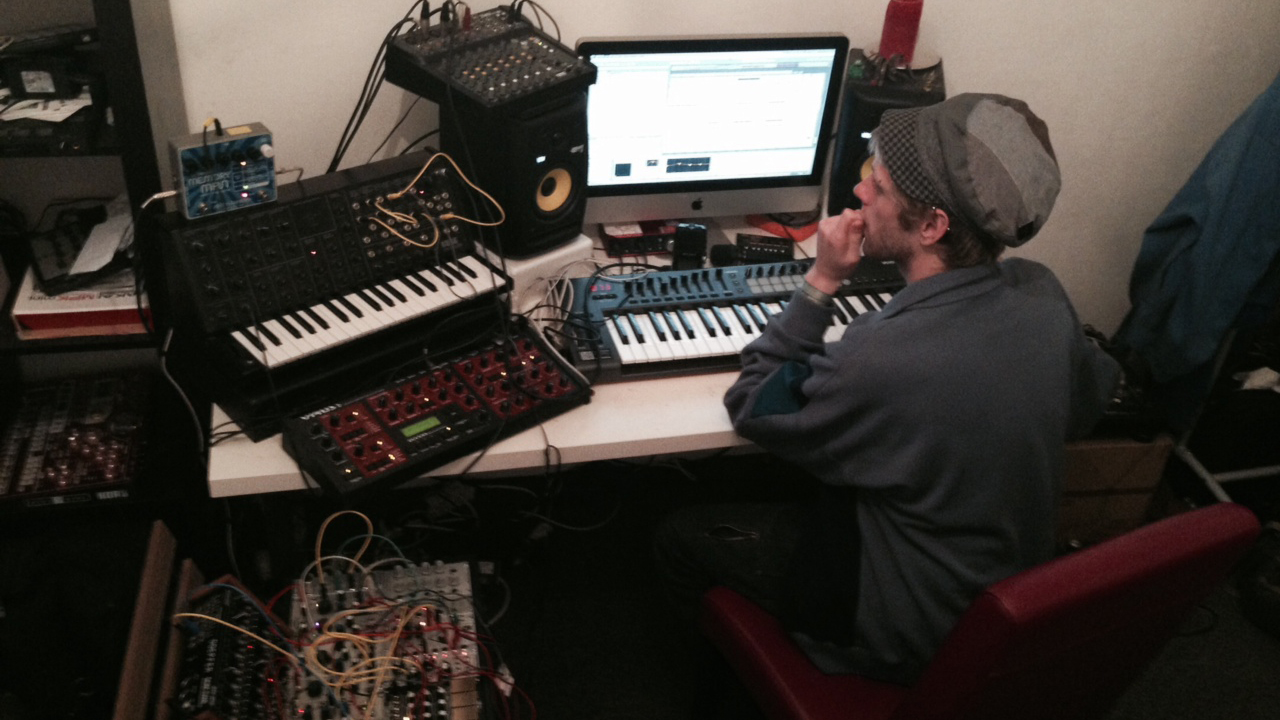
18. Don't over think
"Always go with the flow and follow your ears/head. Sometimes we can go way into depth about sound, it's something we all do and it's good sometimes, but the less you think the more you enjoy yourself and get stuff done, then you can do all the editing and cleaning up at the end.
“Think of making a tune like painting, it's very similar to me. Get the colours together and the outline, then blend at the end with a fine brush. Sometimes we overthink things and you find that you end up working on the same sounds for hours, then getting bored and sick of the tune you're making…"

19. Work where you feel most comfortable
"I don't really like working on vocals 'in the studio'. It can feel a bit too… formal. I like to take a song away and listen to it on a plane or while I'm at home. That's when the best ideas come.
“Obviously, the production side of things is a lot more collaborative. I always like to produce my own vocals, but if the person I'm working with - like, say, Tiësto - feels I've got something to offer in the studio, I like to dive in there."
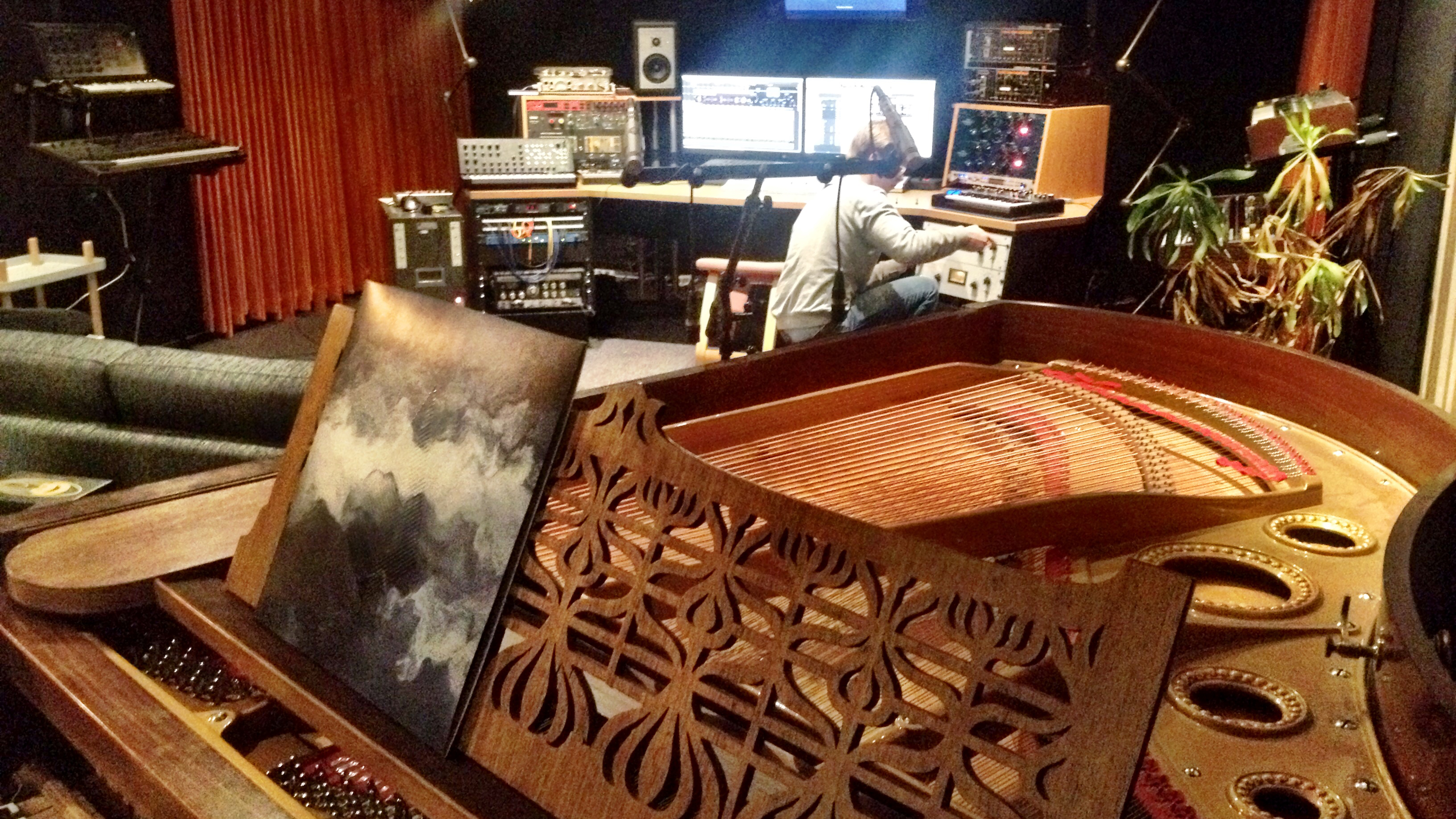
21. Listen to your mistakes
"…And we mean that literally. Listen closely to your mistakes, are they really mistakes? Many of the best ideas on our album came from these happy accidents.
“Especially technical glitches can be very inspiring. In fact think of how many common uses of equipment today are not their intended uses."
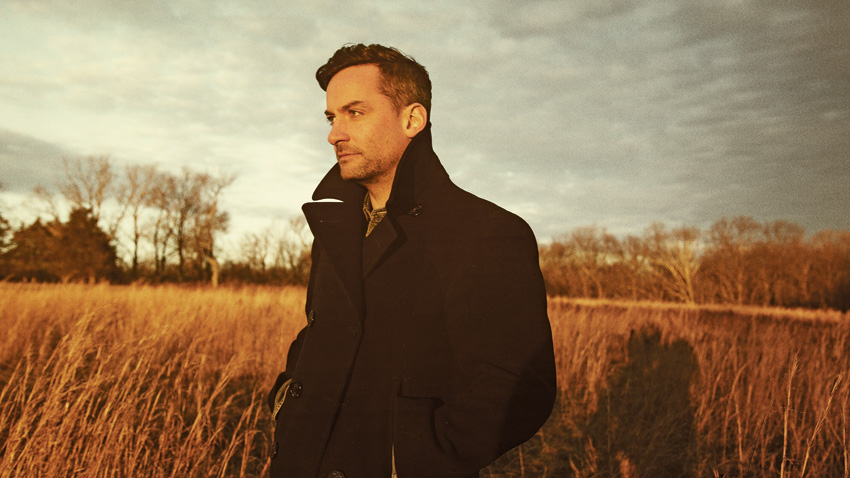
22. Don't let your music be defined by genre labels
"I grew up listening to folk music with my dad, psychedelic stuff with my mum, the likes of My Bloody Valentine and Spiritualized in my teens, Dinosaur Jr., hip-hop, jazz, loads of weird shit from charity shops…
“I suppose the music I make has been influenced by all of that - a compilation of those sounds. What do I call it? Does it really matter?"
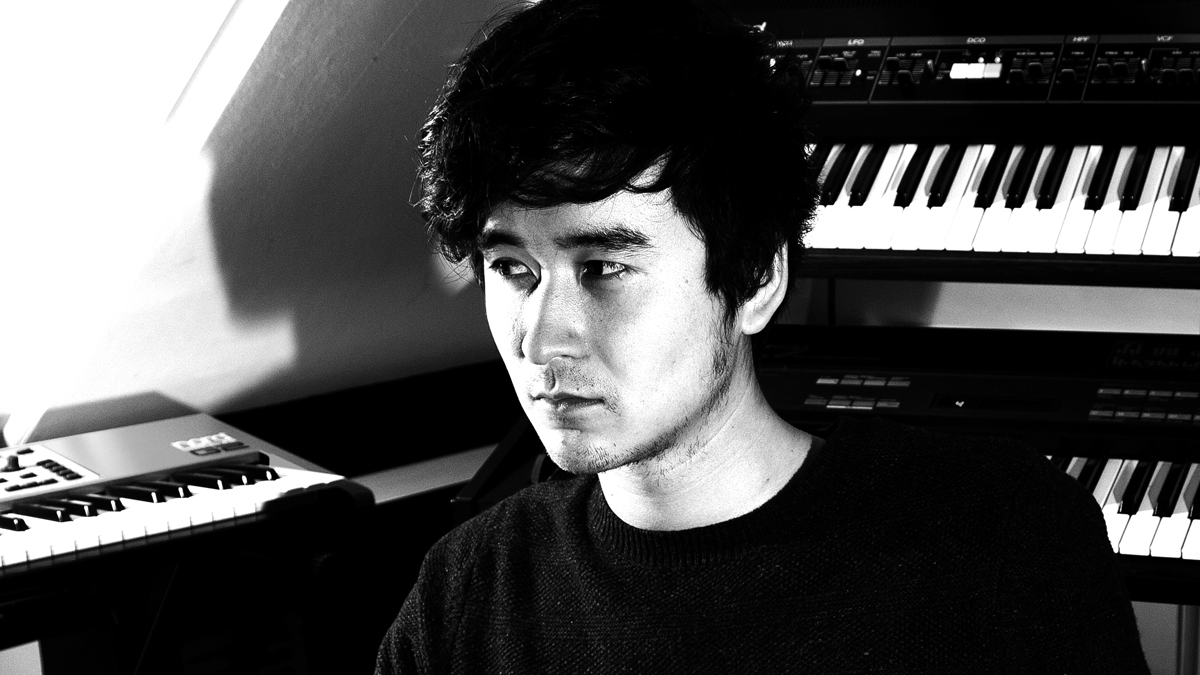
23. Don't rely too much on pretty visuals on your computer screen
"Don't stare too much at the screen and rely too much on visual information and settings and so on, but trust your ears instead.
“It can be very distracting to focus on graphical information that is happening in your DAW or the plug-ins you are using. When playing with different settings for hours and not actually going anywhere it often helps to turn off your monitor screen and dim all the lights and just listen to the track in a different perspective.
“It sounds very simple, but this can really help you to hear the mix better and know what can really improve your mix."

24. Always move forward
"We never want to repeat ourselves, so we're always looking for a new direction or set of boundaries for each record.
“This is as much for our own sanity as it is for an outside listener, but I think it's always good to have some idea of what's happening around you, so we certainly took on some current reference points.”
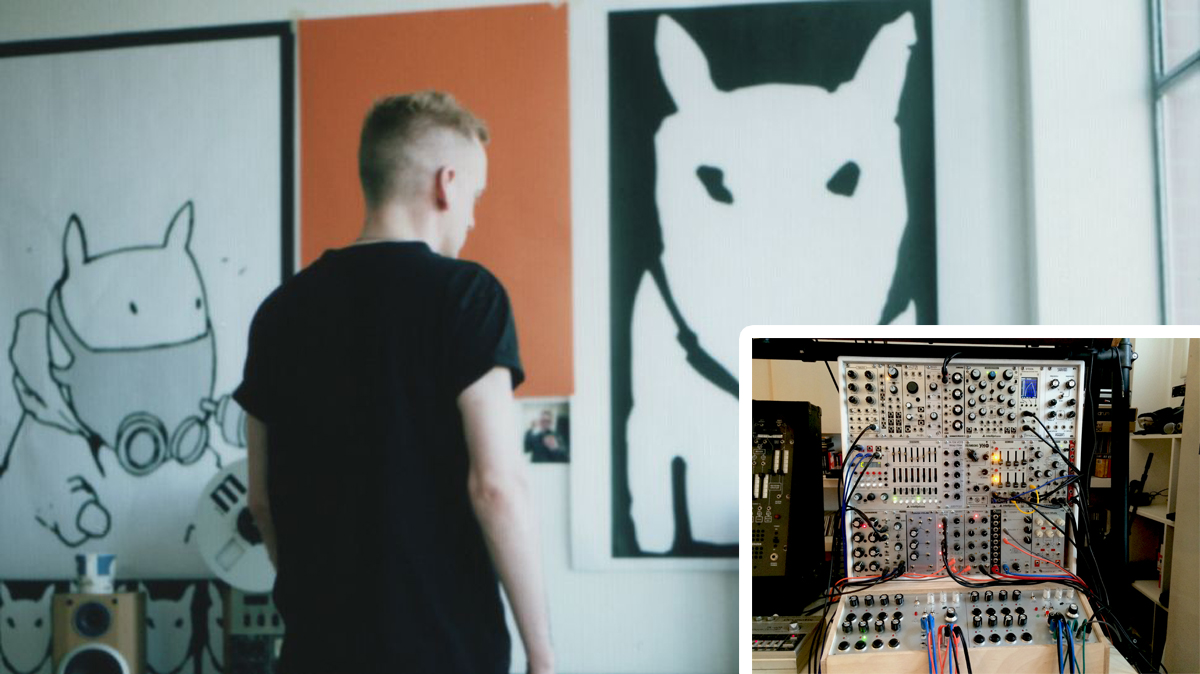
25. Keep the studio distractions to zero
"Have a separate computer for internet and email and stuff like that. For us it's important to keep studio time sacred and separate. The cellphone gets switched off and there's no internet.
“When we need to download plug-ins we'll connect the studio computer, but never for anything else ever."
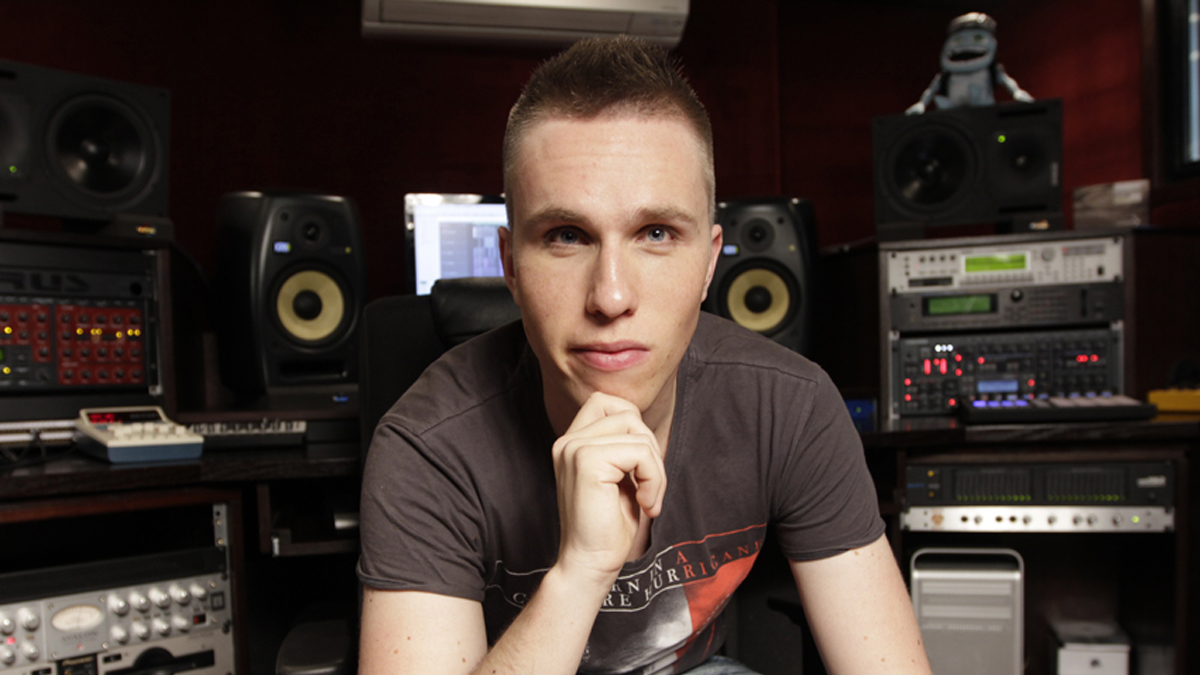
26. Be driven
"The most important thing is the drive and discipline to get somewhere. You need to have the drive because you're going to go through a lot of disappointment - unfair people, people not keeping their word. But the most important thing is that you stick to the music.
“I want to be the best producer in the world - if it's not going to happen that's OK, but I still have that goal.”
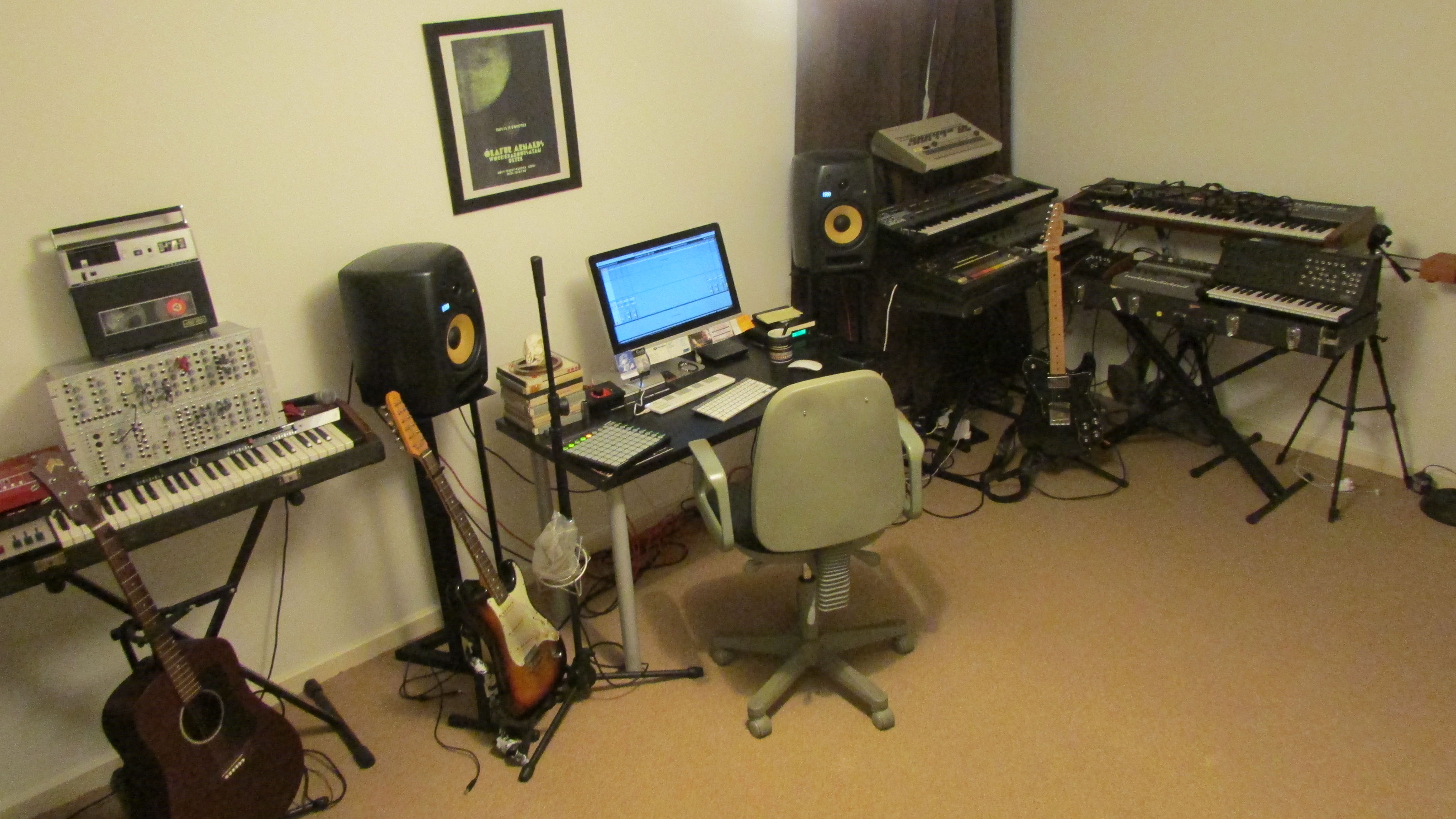
27. Hit the record button
"I think the most important part of the music making 'process' (sorry, horrible word, I know!) is those initial 30mins when you're getting a feel for the studio and what's flowing that day.
“I always hit the record but straight away and see if I can capture something totally random or spur of the moment that I might play or set off with the machines.
“There have been way too many times when I've found that killer bass riff and then lost it when my focus has drifted off! So hit record, start playing and see what comes out."
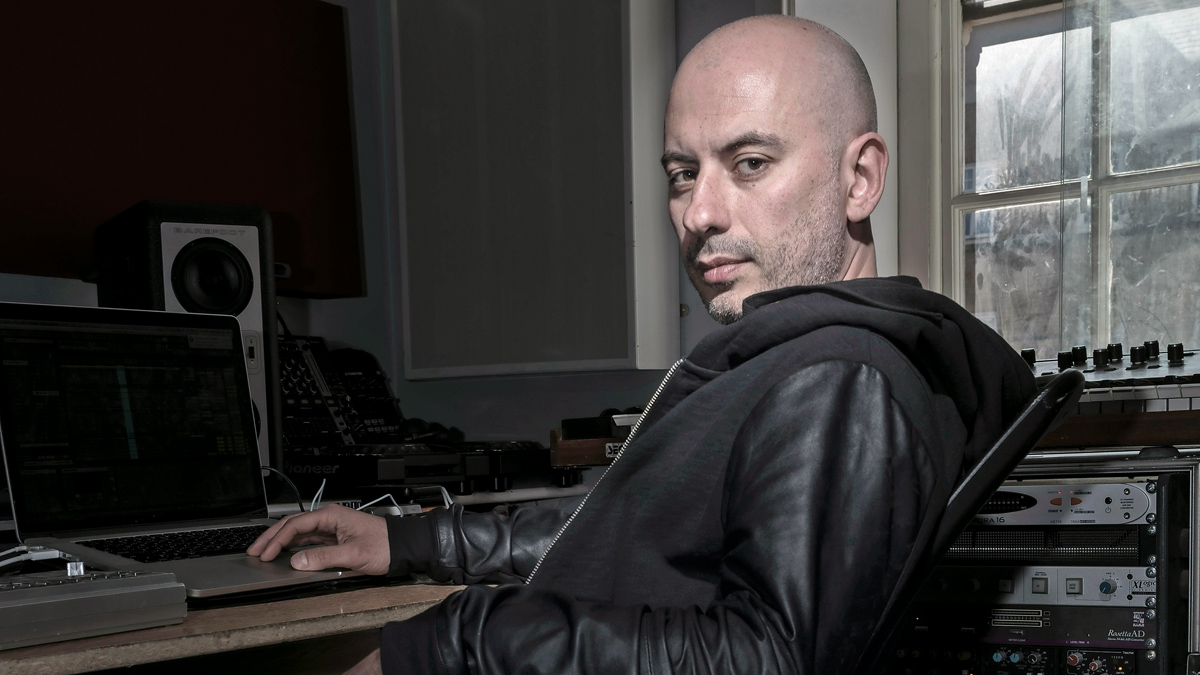
28. Mix with multiple references
“I used to have small Yamaha NS10s as well, because you really want to have three to four different references. I even put the signal into my Mac and listen to the mix from those speakers, because most of the kids nowadays either listen on small, shitty headphones or laptop speakers.”

29. Think about the things you don't hear
"When I make a tune, I will add layers and layers of sounds, from synth drones to field recordings. I tend to put these very low in the mix, but they're all very important to the overall vibe of a tune.
“Just because you can't hear them in the tune upfront does not mean they're 'pointless'. Working on depth and atmosphere is what makes a tune sound full of life.
“It's like how we have the vinyl crackle trend at the moment, even though that sound is very overused I feel it still brings a presence."
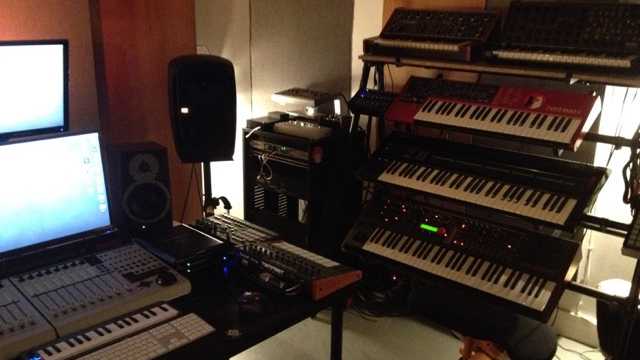
30. Less is more
"That old saying is so true. The more I go on, the more I realise the same mistake I tend to make is to overdo it, to overload my sequencer with tracks and overload those tracks with effects.
“It's better to focus on very few elements and to push them to the limit. However, as I can't help but go through that phase where I try too many things with different instruments, different plugs gathered along the way.
“I've decided to split my production process in two steps: 1) I try out many things 2) I prune, I delete, I lighten. It's an important step that frees some space - on the hard drive, but also in the track itself."
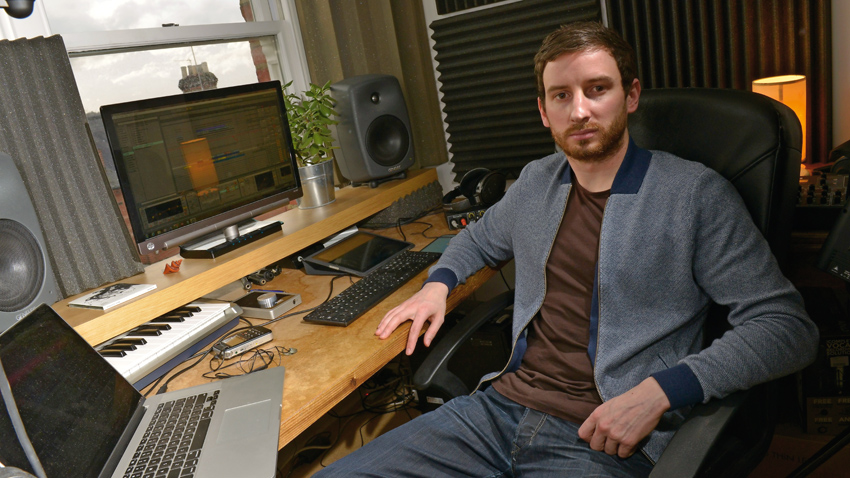
31. Know your audience
"I was DJing for about eight years before I started writing any music and that gave me a strong understanding of what works in clubs and what doesn't, as well as how to structure things and arrangements.
“I've had producers say to me in the past that they really struggle with arrangements, but if you're used to DJing you don't even have to think about arrangements. Instead you just think, 'How would this sound if was playing in a club?'
“You have an instinct for whether a part is too long and if people might get bored during it. The arranging side comes naturally if you've been a DJ.”
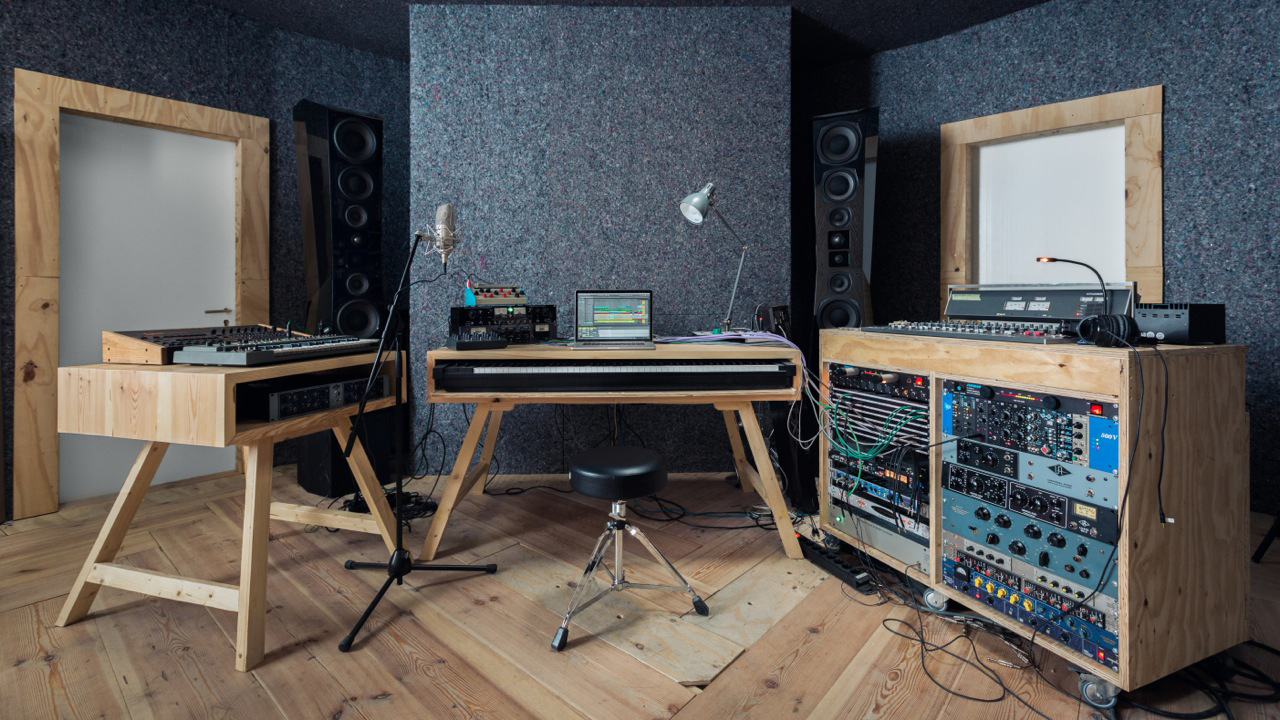
32. It's not about the gear but what you do with it!
"Remember when Techno started? The inventors used the cheapest drum machines and synths they could afford at the time to make something new. They used the 909 and the 303 because they were cheap in those days, and they created a whole new genre of music!
“What I'm trying to say is: it doesn't matter if you've got a Neve console, an Arp 2600 and a Fairchild compressor, it's really just about what you do with it. If it's plugins or a cheap organ you bought at the junkyard - it's really only about your creativity!"

33. Don't just mimic other music
“I've read Future Music and it gave me so many of my own tools on how to be a producer. It's invaluable, but at the same time, some of the focus is on, 'this is the new hit song - this is how you can do it', which is amazing because you can use it in your own way. But so many people don't use it in their own way and just try to mimic music, which creates trends.
"People need to take time to get involved in the scene and the culture then make some music from that. Or just believe in yourself and make some music; figure out what comes out of you."
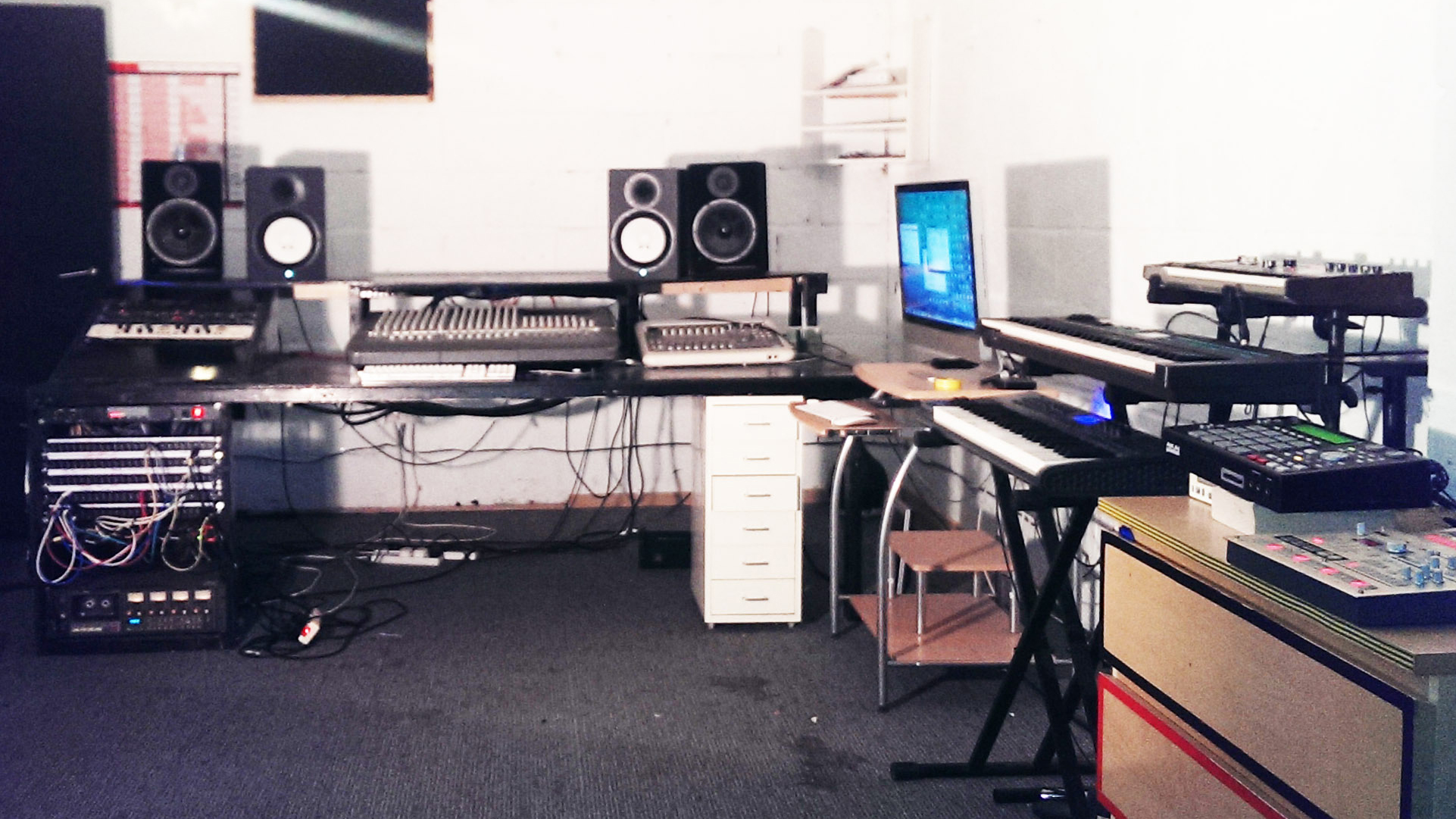
35. Use real vocalists
"Try getting real rappers or singers on your tracks instead of always using the same old acapellas that everyone has.
“If you don't have any friends the can rap or sing do it yourself, even from the laptop mic or mobile phone. It's more fun and it saves you the headache of clearing samples if the tune becomes a hit."
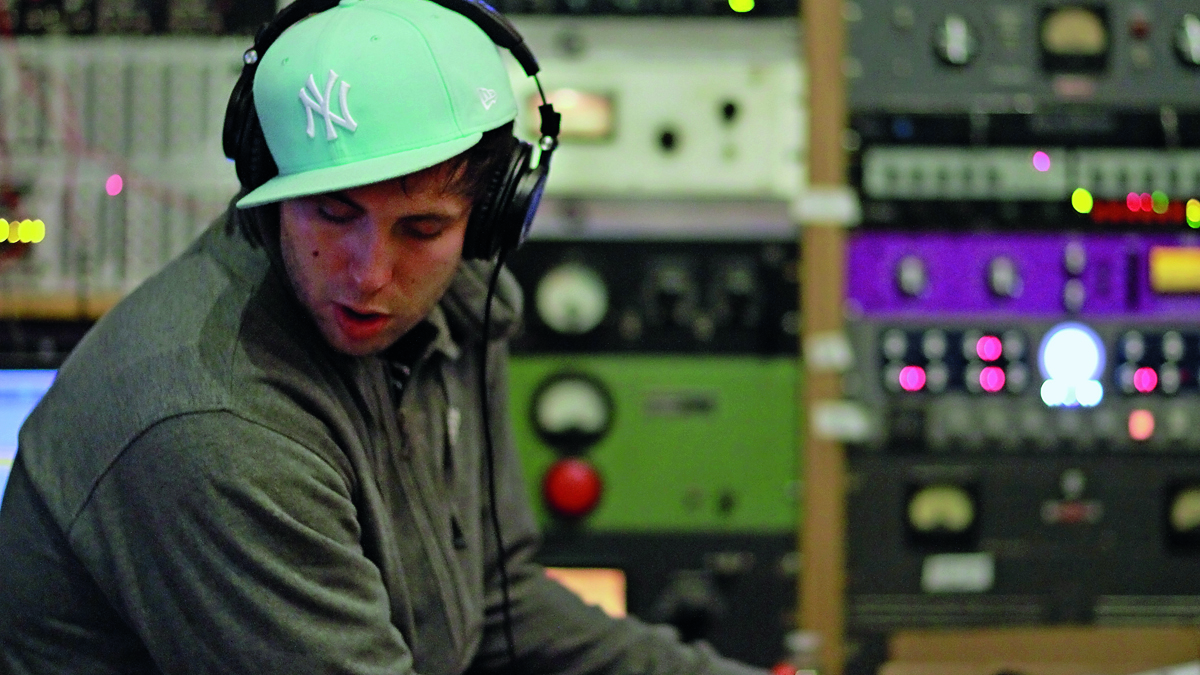
36. Challenge yourself
“In whatever realms I’m finding some success in, it’s pushing me to really make the most of it and not take it for granted.
“I feel like I have to do that for me to stay really invigorated about what I’m doing and also to capture this element of longevity as an artist... and make things that aren’t disposable, that leave an impression on people and hopefully are played again and again. And it wasn’t just on ‘A Color Map of the Sun’, because prior to this record I put out three EPs which really are just as long as most full length records.
“I set out to do that because I knew it would be so challenging. I knew it would be an extremely difficult goal to accomplish, releasing three albums in one year (and) announcing the release dates before I even started the creation process.”
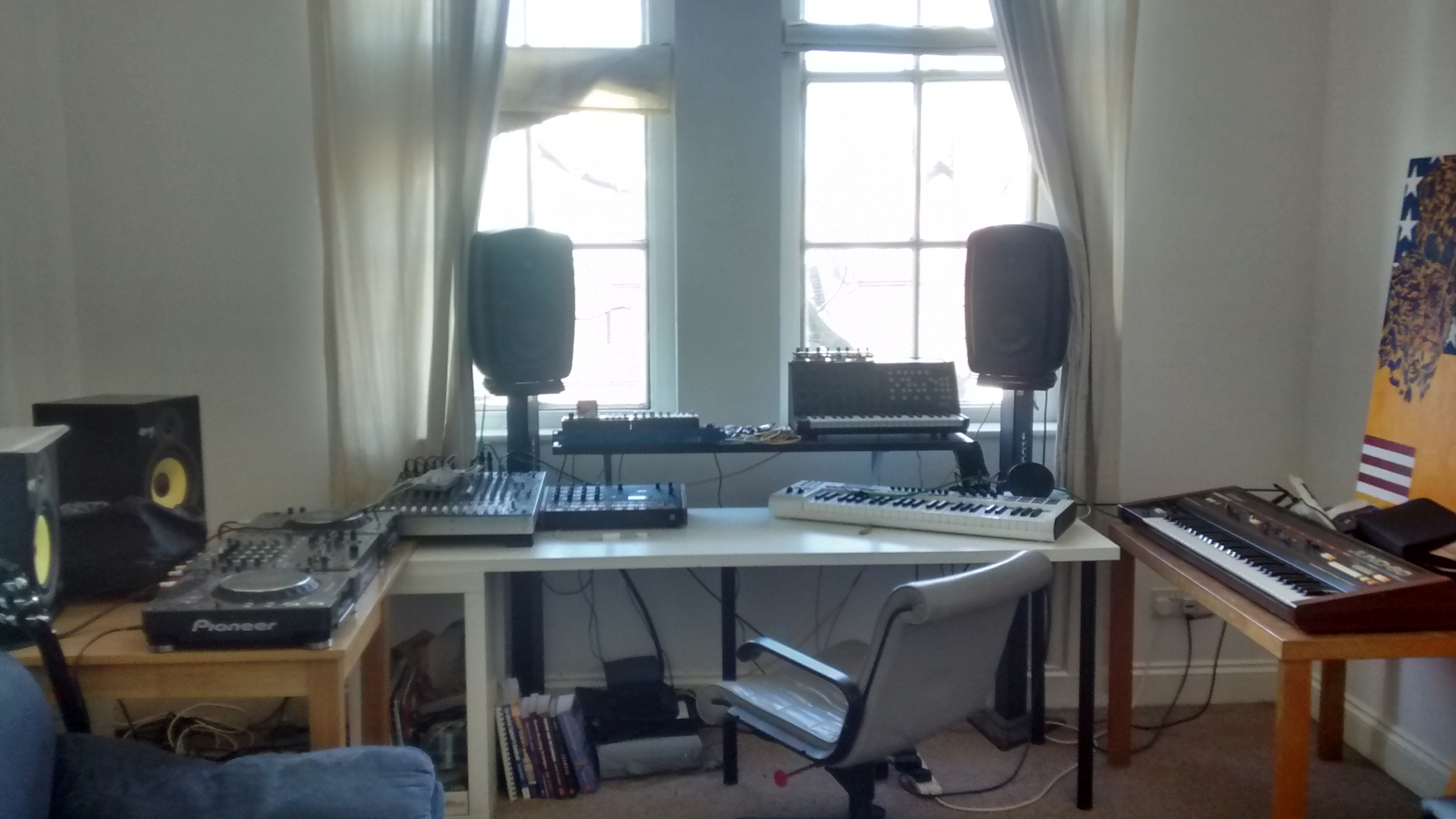
37. Make sure your mixdown sounds good at a low volume
"As someone who struggles with mixdowns, this piece of advice has been really useful for me. If at a low volume you can still hear everything coming through, it's generally going to translate well to louder volumes too.
“Also, mixing at a lower volume makes your ears less tired, thus making the end result better. Obviously still check to see if it sounds good really loud too."
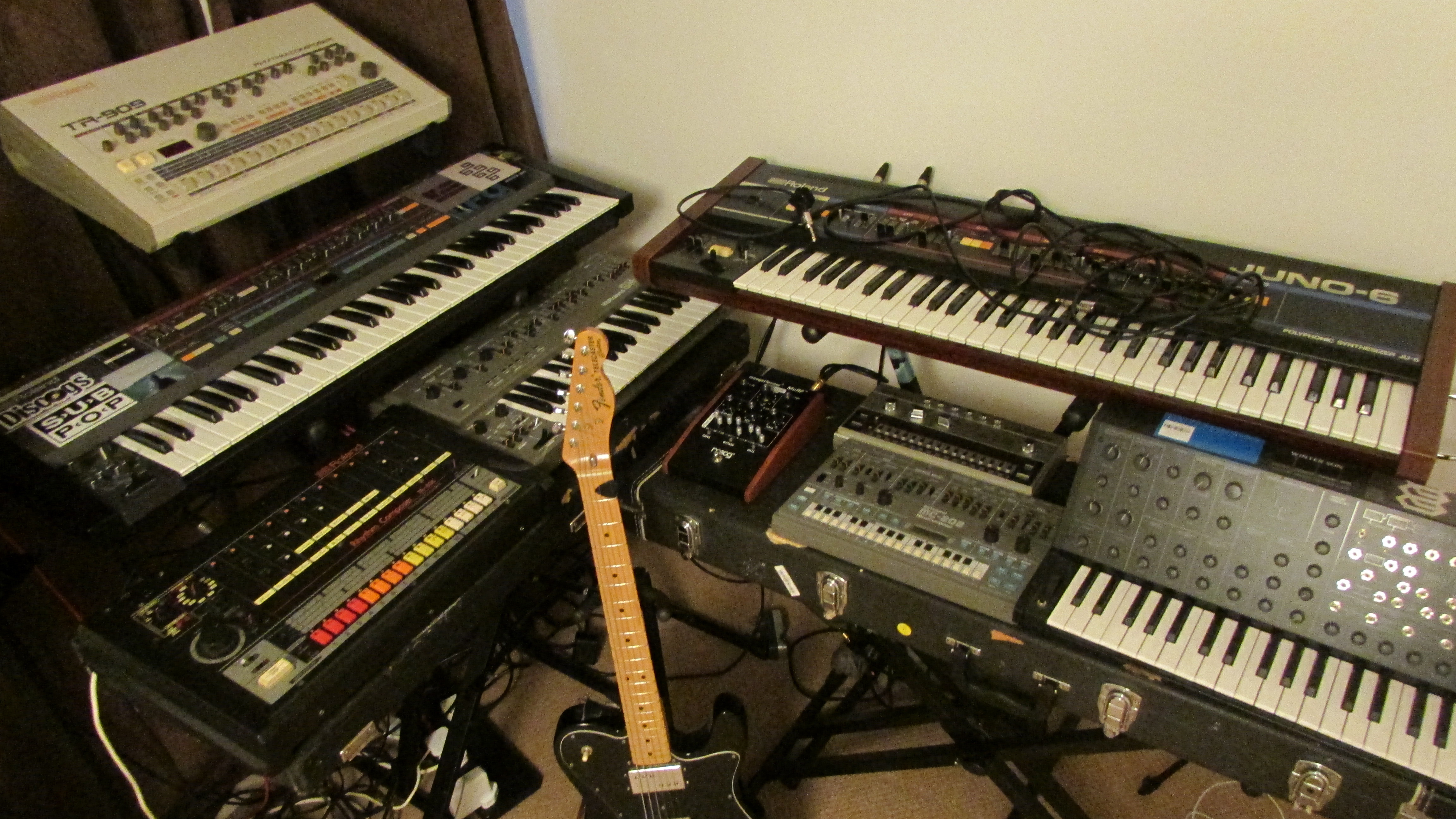
38. Check out music from lots of genres
"I couldn't imagine making House music and only listening to House music, there'd be no inspiration to carry on! The best ideas come from experimenting and blending different ways of writing music, and you can come out with some amazing results.
“You don't have to take specific sounds from one genre and apply them to another, it could just being using a certain rhythm pattern from Flamenco (as an example) and using that as your bass drum pattern in Techno.
“You can hear artists like Shackleton and Perc are listening to a massive variety of music and it shows within their music."
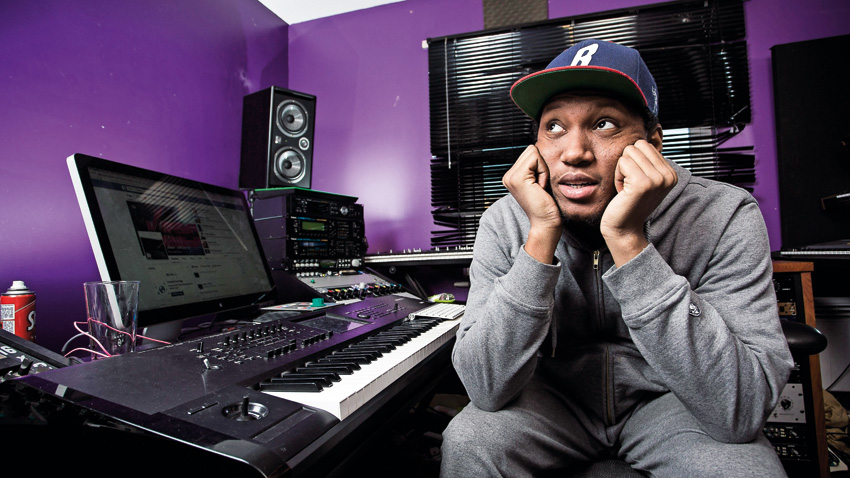
40. Be yourself
"One of the biggest lessons I've learned is that it's very easy to get caught up in shit. It's more of a life lesson than a music lesson, but it helps a lot in music - just be you.
“I found I was losing myself for a second, trying to make something or trying to impress; then I had to remember why I got into music in the first place."
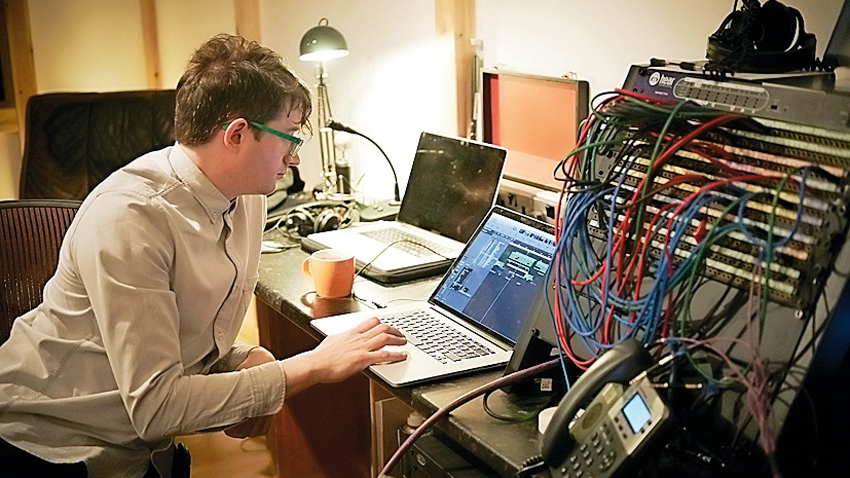
41. Keep it fresh
"Sitting in the same room, day after day, staring at a blank computer screen... that can be totally soul-destroying.
“Taking myself out into the world and watching people is quite inspirational. Listening to what they're talking about or the rhythm of a certain speech pattern. Travelling is great food for songwriting. I love the idea that you're going somewhere new."
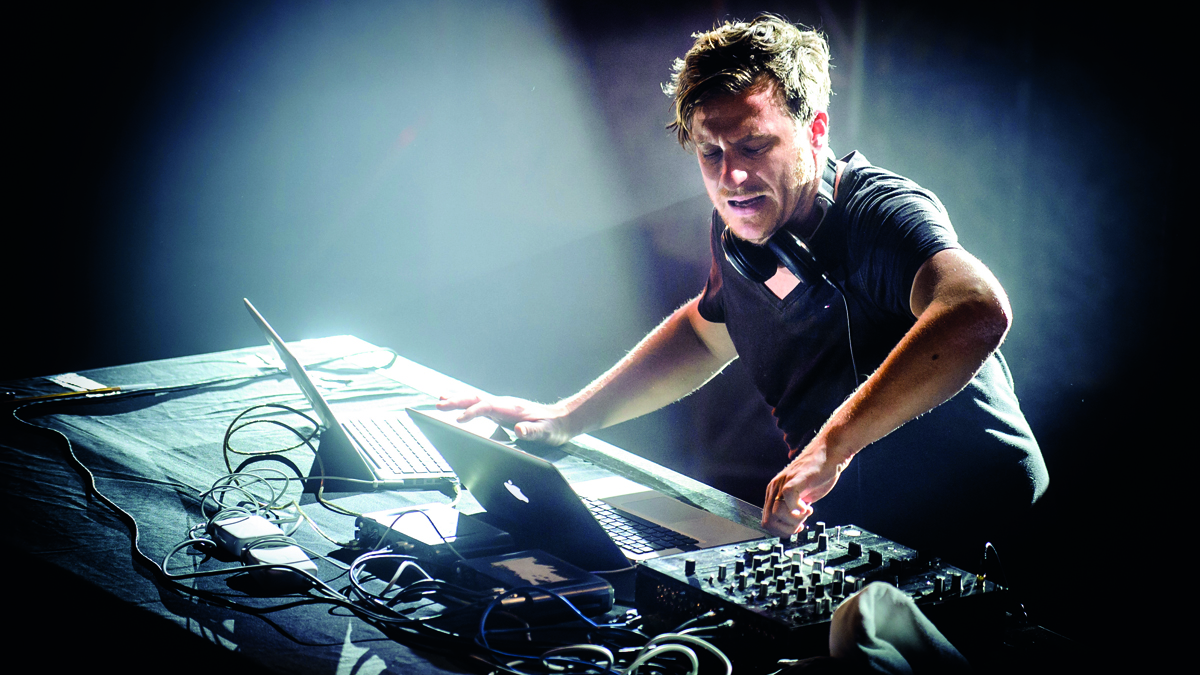
42. Explore different revenue streams
“In the past, artists used to make money from CDs and records, but not any more. So, I have to make money from somewhere else; I have to pay my bills and feed my family.
“We have rules and we try to keep what we do as ethical as possible. We don’t take money from religious or political organisations. If we don’t like the product or the people we’re dealing with, we don’t sign the contract.
“On the one hand, people don’t want to pay for music. They say they want to download it for free because music belongs to everyone. But, at the same time, they criticise you for making money from somewhere else.
“They say it’s not cool! Any musician who uses his music in a TV show or on an ad is going to get criticised, but we have to face the fact that the music industry has changed massively in the last five years, and, as artists, we have to change, too.”
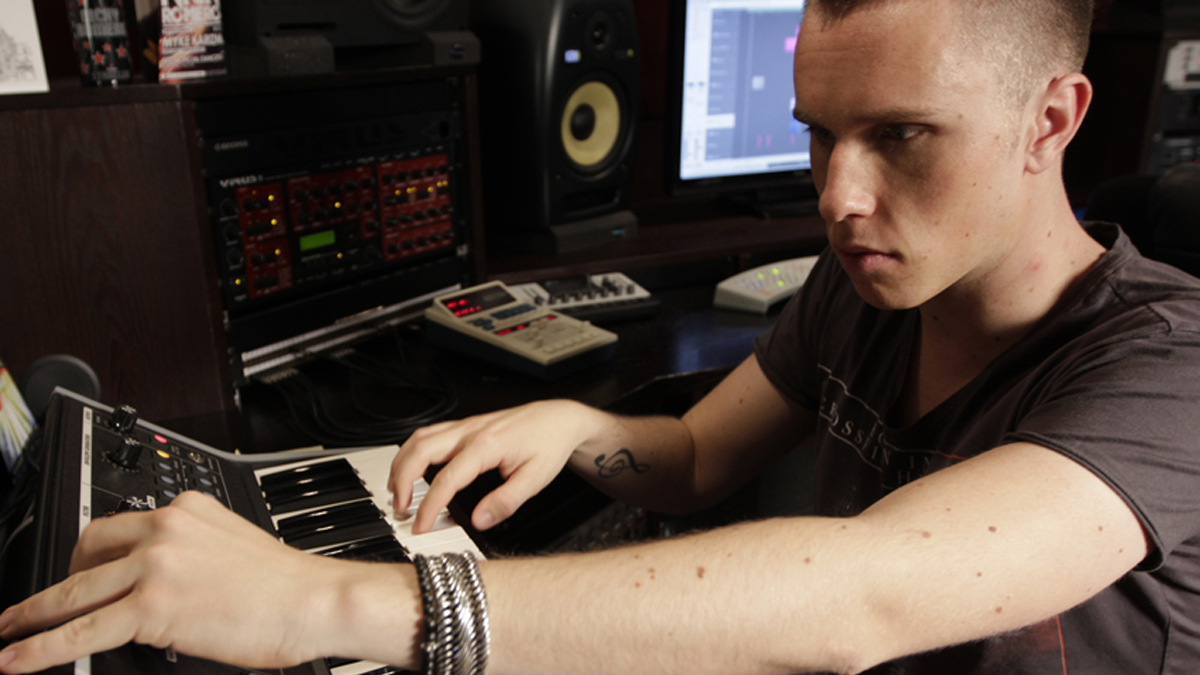
43. Listen to your peers
"Listen carefully to other tracks, why did they do certain things? Why did they put that drop there and that breakdown there? Think about it. How did they do that kick? What kind of kick is it?
“Keep listening and compare your music to other people's music, that's really important. You don't have to get Logic to sound professional - Avicii and Afrojack both use FL Studio and they're two of the most successful young DJs around. If you know your software and you know your hardware, you can reach anything."
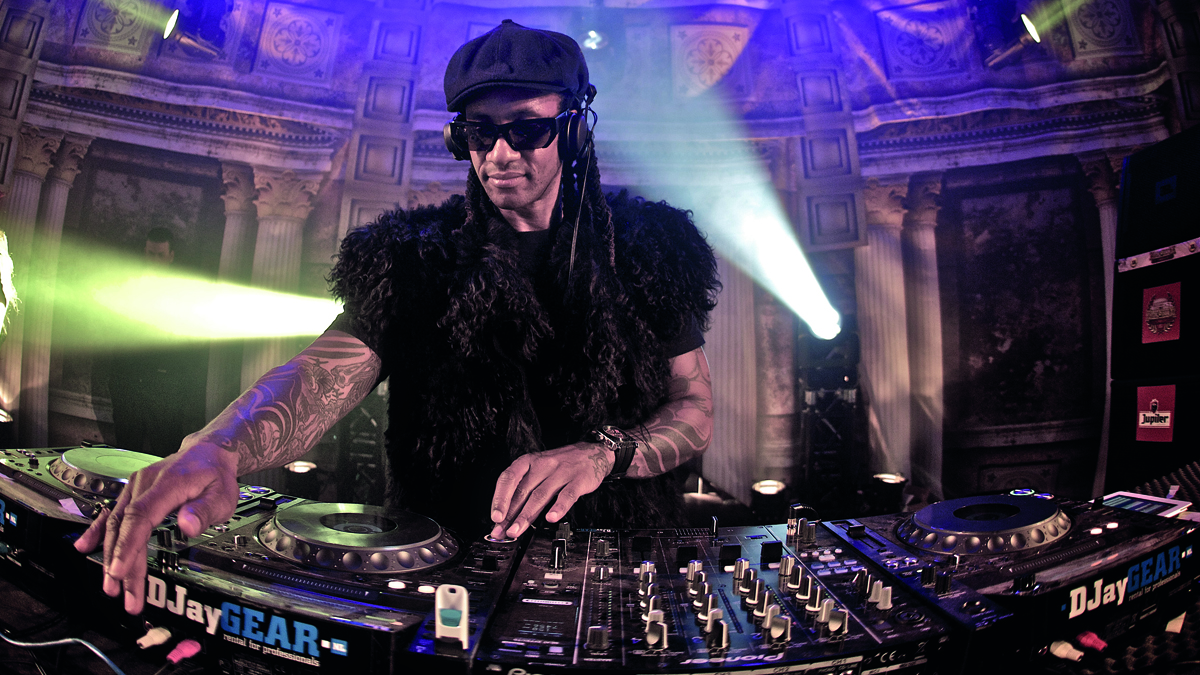
44. Don't give up
“There’s so much music out there today - so much of it is rubbish! - and it disappears so quickly that it’s hard to establish yourself and build a proper career. C’mon, there are bands out there that have only been around a year, and they’re putting out greatest hits albums and biographies! Musically, we’re living in a fast-food era.
“But the same rules still apply. At the end of the day, it’s all about persistence and quality. Keep going, keep putting out decent music, and don’t get caught up in any scene. Stick to those basics and you will get noticed.”

47. Don't rest on your laurels
"If you want to get somewhere in the music business you should work really hard. That much is obvious. The important bit is that then, if you get some success, don't go out and celebrate.Get back in the studio and get the next stuff sorted out. Otherwise you're like fleas on a dog. You've got to remember that the dog rolls over every few months and a load of fleas fall off…"
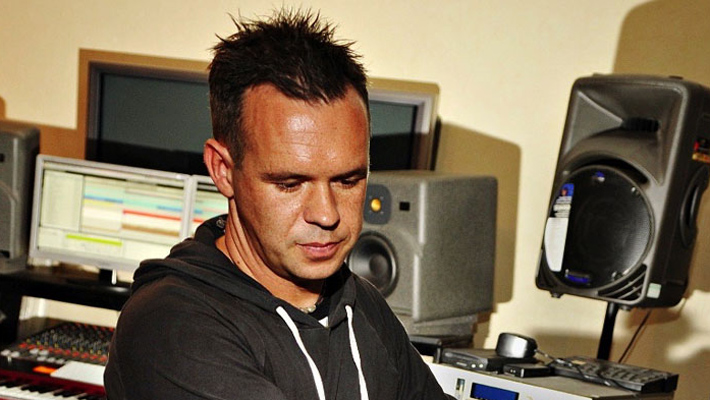
50. Trust your ears
"The biggest Eureka moment for us was probably the simplest, and seems obvious but can really change your perspective, especially if you've been working for a long time. It was 'go on how it sounds, not how it looks'.
"Way too often the way a mix looks - 16dB boost at 800k, no compression, etc - can affect the way people hear their own mixes. Every now and again, turn off the computer monitor, or don't look at the desk and just trust your ears!"

I take care of the reviews on MusicRadar and Future Music magazine, though can sometimes be spotted in front of a camera talking little sense in the presence of real musicians. For the past 30 years, I have been unable to decide on which instrument to master, so haven't bothered. Currently, a lover of all things high-gain in the guitar stakes and never one to resist churning out sub-standard funky breaks, the likes of which you'll never hear.


